In 2022, the eCommerce business faced online payment fraud of up to $41 billion. This is expected to grow further in the upcoming years. Since eCommerce websites and applications manage online transactions, 32.4% of all cyberattacks happen on these platforms. This is the reason why eCommerce security is not only an option but a necessity.
What is ecommerce security?
Ecommerce security refers to a set of policies and procedures that help keep the data and applications safe from cyberattacks. Common eCommerce security practices include authentication, firewalls, compliance audits, and penetration testing.
In this blog, we are going to discuss the different types of security threats associated with eCommerce and the effective ways to prevent them.
Let’s dig in!
Importance of Ecommerce Security in Modern Business
In modern businesses, eCommerce security ensures the safety of sensitive information like credit card details and personal data during online transactions. Maintaining robust security measures enhances customer’s confidence in making purchases online. Without proper security, eCommerce businesses risk data breaches and cyberattacks, which then lead to financial losses and reputation damage.
Here are the advantages of strong eCommerce security:
- Protect Sensitive Information: Ecommerce security protects sensitive data like credit card details, personal information, and transaction history from falling into the wrong hands. This prevents identity theft and financial fraud.
- Build Customer Trust: With proper security measures, eCommerce businesses can show their commitment to customer data safety. This enhances trust and confidence among online shoppers. When customers are assured that their data is in safe hands, they tend to purchase from your site repeatedly, along with spreading positive reviews.
- Secure Business Reputation: A data breach or cyberattack can significantly hamper a business’s reputation. This also leads to financial losses as customers won’t shop from a website that is not safe. Strong eCommerce security helps protect the brand’s integrity and reputation in the market.
- Comply with Industry Regulations: Ecommerce security ensures mandatory compliance with various regulations and standards governing data protection and privacy, such as ISO 27001 and PCI DSS. Compliance not only prevents legal problems and fines but also showcases ethical business practices.
“Read our guide to Importance of E-commerce Security and best practices”
7 Ways to Enhance Ecommerce Security to Prevent Cyberattacks
Despite there being different types of security threats to eCommerce businesses, there are multiple effective ways you can prevent cyberattacks.
1. Conduct Vulnerability Assessment and Penetration Testing (VAPT)
Vulnerability assessment and penetration testing (VAPT) is the process of finding potential vulnerabilities in applications and websites that could lead to cyberattacks. It is usually conducted by ethical hackers, employed by third-party cybersecurity companies.
In vulnerability assessment, the security experts use automated tools to scan the application for known vulnerabilities. It is a quick way but not the most comprehensive one. On the other hand, in penetration testing ethical hackers use their human expertise to test every part of the application for vulnerabilities. It is the most comprehensive vulnerability testing that uncovers hidden weak spots.
The result of VAPT is then documented by the service provider. The development team then uses this report to fix those found vulnerabilities. A VAPT report usually consists of the following things:
- Vulnerabilities found
- Level of impact of the vulnerabilities
- Remediation steps
Would you like to see a real VAPT report? Simply tap on the link below and download one right now
Latest Penetration Testing Report
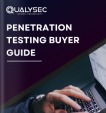
2. Ensure Regulatory Compliance
Adhering to regulatory compliance like PCI DSS, ISO 27001, SOC 2, etc. is essential to protect your digital store. It shows that you are serious about data security, which then builds confidence among customers and stakeholders.
Follow these steps to ensure compliance with requirements imposed by law, regulatory bodies, or private industries:
- Step 1: Identify the type of data you manage and the regulatory requirements you need to comply with.
- Step 2: Conduct in-depth vulnerability assessment and penetration testing to identify security vulnerabilities.
- Step 3: Implement technical controls that adhere to the regulatory requirements.
- Step 4: implement non-technical controls (policies and procedures) to prevent security breaches.
- Step 5: Conduct regular security tests and continuously enhance your cybersecurity.
3. Use Secure Hosting Services
When choosing a web hosting service, features and price are important factors. However, a wide range of features and low prices should not come at the cost of security. Look for the following security features when choosing a web hosting provider:
- Automated and regular website backup and data retrieval mechanisms.
- Secure Socket Layers (SSL) availability, configuration, and support.
- Regular software updates using the latest script versions.
- Prevention and mitigation protocols for Distributed Denial of Service (DDoS) attacks.
- Partnership with a content delivery network (CDN).
- Regular, automated, and remote security scanning.
4. Use Secure Online Payment Process
Create simple and secure checkout processes to prevent cybercrimes and to reassure your customers that their transactions are safe. To create such processes, e-commerce businesses should:
- Compare the buyer’s IP address with their billing address to confirm they are the cardholder.
- Use security protocols like SSL and TSL to encrypt and authenticate data.
- Turn sensitive payment details into a series of random numbers for secure transmission. This process is also known as tokenization.
- Use 3D Secure to authenticate transactions and lower the risk of fraudulent chargebacks.
- Ask for the Card Verification Value (CVV) to confirm online payments.
5. Create a Strong Authentication System
One of the most important steps of e-commerce security is setting up a secure customer authentication system. To do this, you have to:
- Enable password-less authentication.
- Implement federal login and single sign-on.
- Use safe authentication libraries and secure the account recovery process.
- Implement 2 Factor Authentication (2FA) and mutual authentication.
- Use “rate limiters” with CAPTCHAs to count failed attempts and then block user access temporarily.
- Use “strength checkers” for password strength and disallow weak or vulnerable passwords.
6. Prevent Chargeback Fraud
To prevent customers from charging back transactions unfairly or intentionally, e-commerce businesses can:
- Clearly label the charges on customers’ bank statements.
- Use order tracking numbers to prove delivery in case of fraudulent chargebacks.
- Block transactions from high-risk customers.
- Resolve any sales or fulfillment issues promptly from your end.
- Request detailed chargeback information from banks and credit card companies.
7. Implement a Secure Firewall
A firewall is a shield that blocks malicious traffic and ensures your website stays accessible. Additionally, it manages the flow of traffic to and from your e-commerce platform. When setting up a firewall:
- Pick a firewall solution that suits your needs.
- Set strict rules for web traffic.
- Keep an eye on network activity.
- Use intrusion detection and prevention systems (IDPS).
- Review firewall settings and conduct security assessments regularly.
Latest Challenges in Ecommerce Security
Securing eCommerce platforms is a big challenge where cyber threats are continuously evolving. Here are some prominent challenges faced by eCommerce businesses during cybersecurity:
1. Unique Cyber Threats
Cybercriminals are continuously changing their tactics and using advanced techniques to exploit vulnerabilities. Due to unique e-commerce security threats like coupon manipulation and OTP bypass, businesses need constant adaptive cybersecurity strategies.
2. Supply Chain Vulnerabilities
Supply chain vulnerabilities happen because eCommerce connects lots of different partners and suppliers. If there are weak spots in this network, hackers can use them to compromise the integrity of transactions. That’s why it’s important to have good security for the whole supply chain.
3. Evolving Compliance Regulations
Ecommerce businesses operate in a set of rules and regulations that are constantly changing. Complying with data protection rules and industry standards can be challenging, especially for big enterprises with diverse regulatory requirements.
4. Secure Mobile Transactions
The rise of mobile payment systems like UPIs introduces additional challenges. This is because transactions done through mobile devices have become a prime target for attackers. Securing mobile apps, and mobile payment platforms, and protecting user credentials are all important tasks.
5. Scaling Security Measures
As an e-commerce business scales and expands, the challenge lies in scaling the security measures too. Ensuring the security policies, protocols, and infrastructure accommodating the growth of the company is an ongoing challenge for rapidly expanding businesses.
Role of Cybersecurity in the Future of ECommerce
As eCommerce business grows, cybersecurity continues to be vital in shaping its future. Here’s how cybersecurity is going to impact online shopping:
- Customer Trust & Confidence: Cybersecurity builds trust in the digital landscape, which is crucial for expanding into new markets and earning customer loyalty.
- Global Expansion & Compliance: Robust cybersecurity ensures compliance with diverse regulations worldwide. Hence it helps businesses in international growth.
- Innovation & Emerging Technologies: Cybersecurity safeguards the adoption of new technologies like AI and blockchain, which will help enhance user experiences.
- Personalization & Data Protection: E-commerce businesses are going to be highly personalized, tailoring experiences for individual customers. Cybersecurity helps secure data for each shopper.
- Mobile Commerce: With mobile shopping rising, cybersecurity measures tailored for mobile transactions are essential for securing these platforms.
- AR & VR Security: As AR (Augmented Reality) and VR (Virtual Reality) become part of online shopping, cybersecurity will protect these immersive experiences from potential security risks.
- AI-Driven Defenses: AI-driven cybersecurity defenses will analyze data in real-time to identify and respond to threats autonomously.
- Ethical Considerations: Cybersecurity must align with responsible data usage and ethical decision-making for a socially responsible e-commerce landscape.
Watch now our WEBINAR video for the best tips on how to protect Your E-commerce Website!
Conclusion
Customers who cannot trust you to protect their data, can’t be blamed for shopping elsewhere. Ensuring the protection of data and online transactions is crucial for a good reputation and trust of loyal customers. Hence, companies of all sizes need to have strong eCommerce security measures that can protect their customers and their business.
As new, more complicated security threats arise, businesses and IT leaders must explore the role of penetration testing in eCommerce security. Qualysec Technologies is one of those rare companies that offers process-based penetration testing services. Find and address vulnerabilities in your eCommerce website and applications by partnering with us.
Click the link below to talk to our cybersecurity experts!
Talk to our Cybersecurity Expert to discuss your specific needs and how we can help your business.
FAQs
Q: What is new in ECommerce security?
A: AI/ML-focused innovations in eCommerce security. Artificial intelligence (AI) and machine learning (ML) technologies are the latest additions in eCommerce trends that offer better security and enhance customer services.
Q: What is transaction security in eCommerce?
A: Transaction security means that users who attempt to run a transaction can securely do so. Since eCommerce platforms allow customers to make online transactions, the process needs to be secured.
Q: What are the elements of eCommerce security?
A: Common elements of eCommerce security include:
- Website security
- Web application security
- Mobile application security
- Cloud security
- Network security
Q: Why is Ecommerce security important?
A: Ecommerce security is important to protect both customers and businesses from various security threats and risks associated with online shopping and marketing. By implementing strong security measures, eCommerce platforms can build trust, ensure compliance, and maintain their reputation.
Top Company Choose Qualysec for their Pentesting need


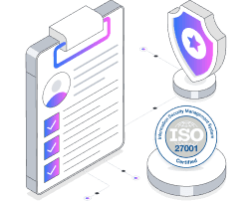
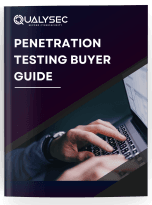



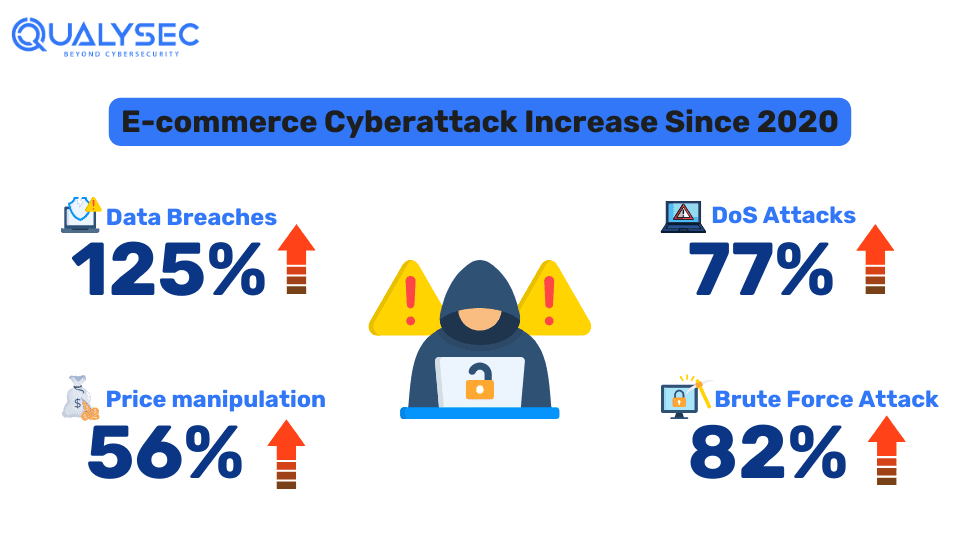
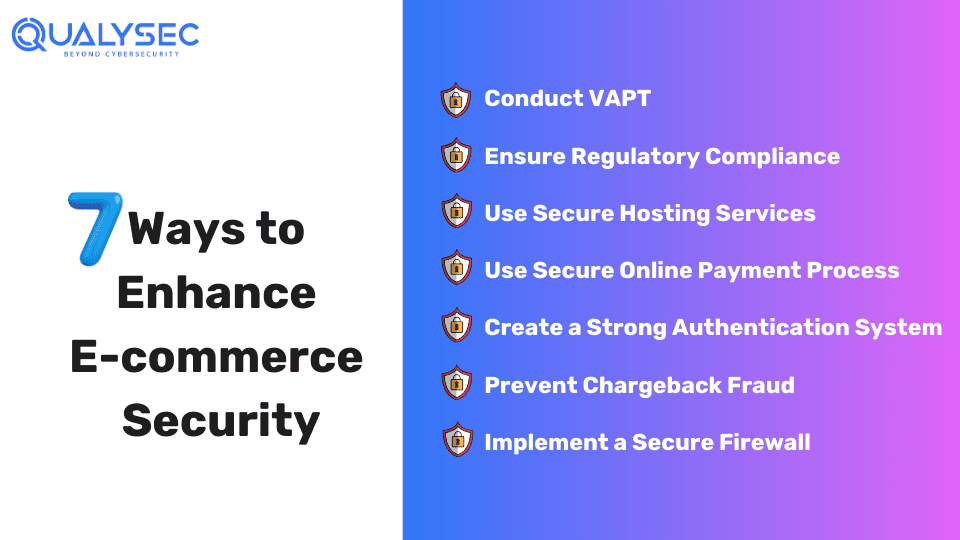
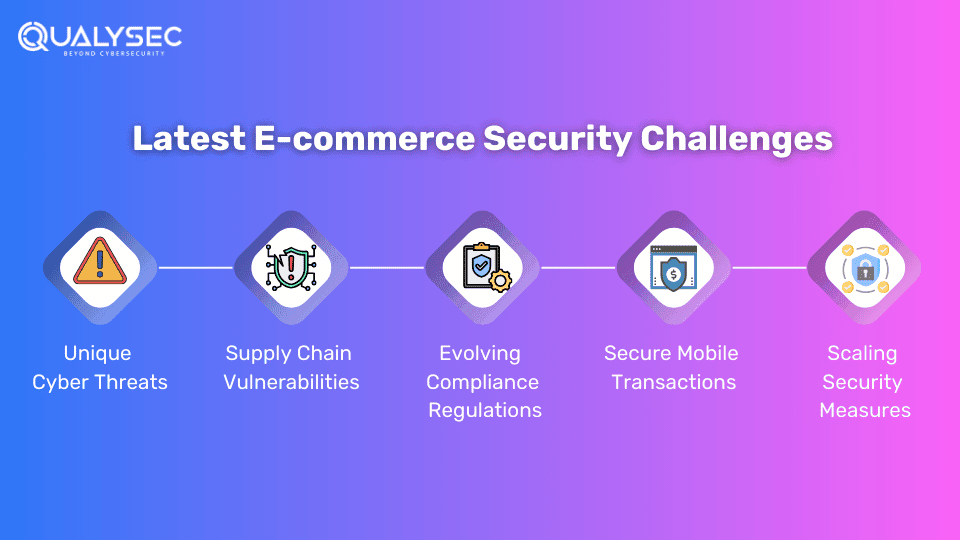




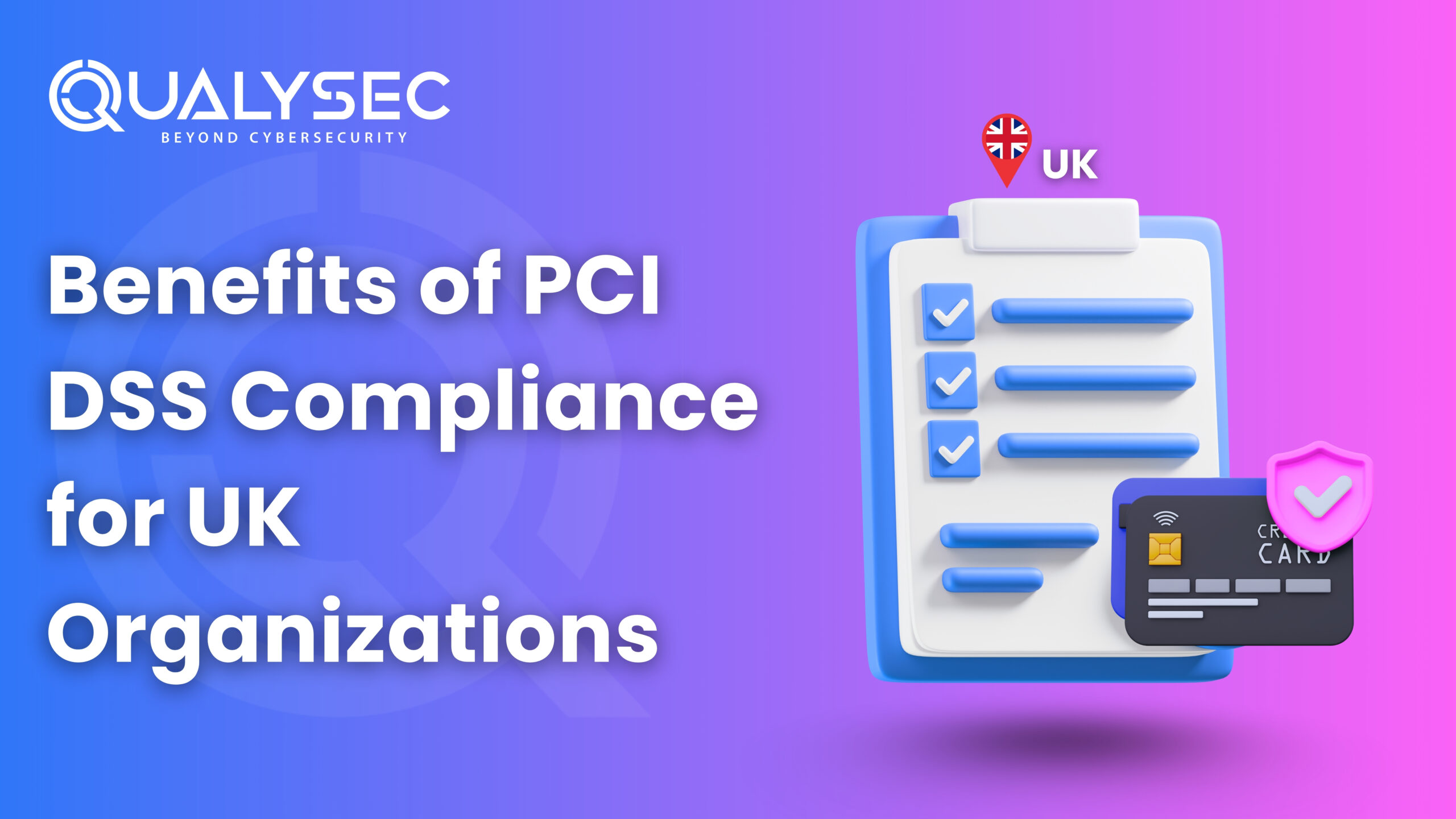

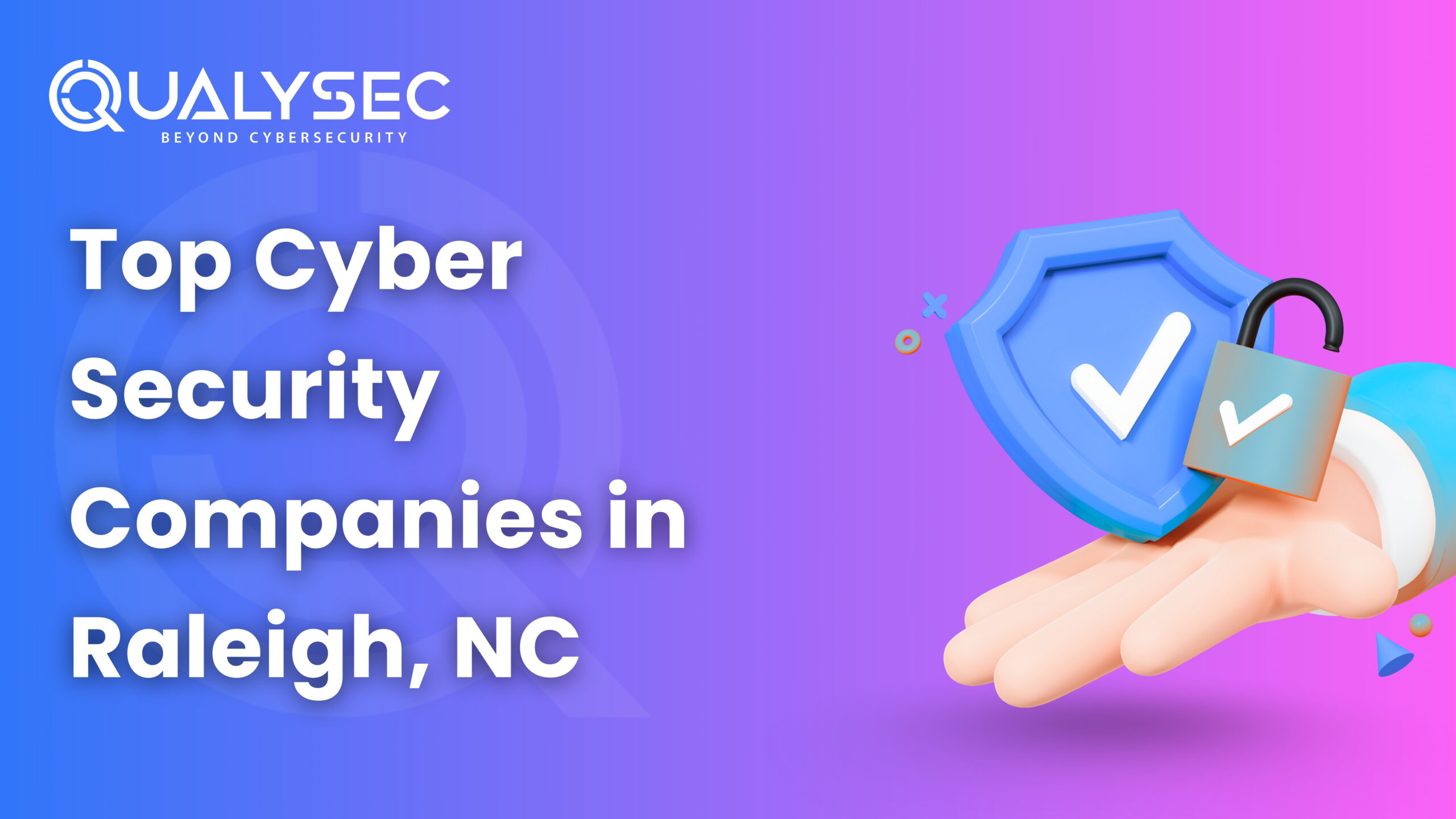
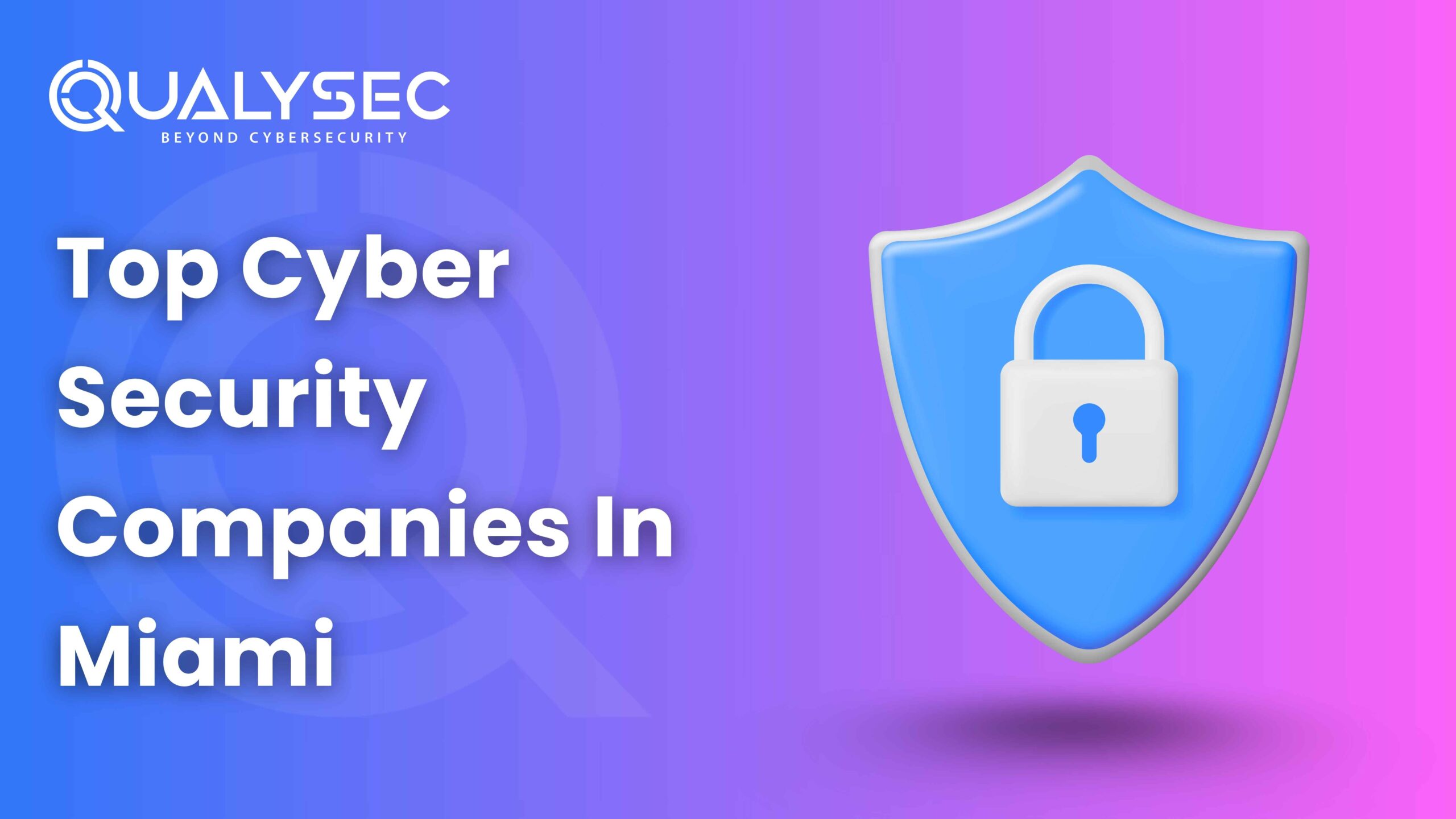

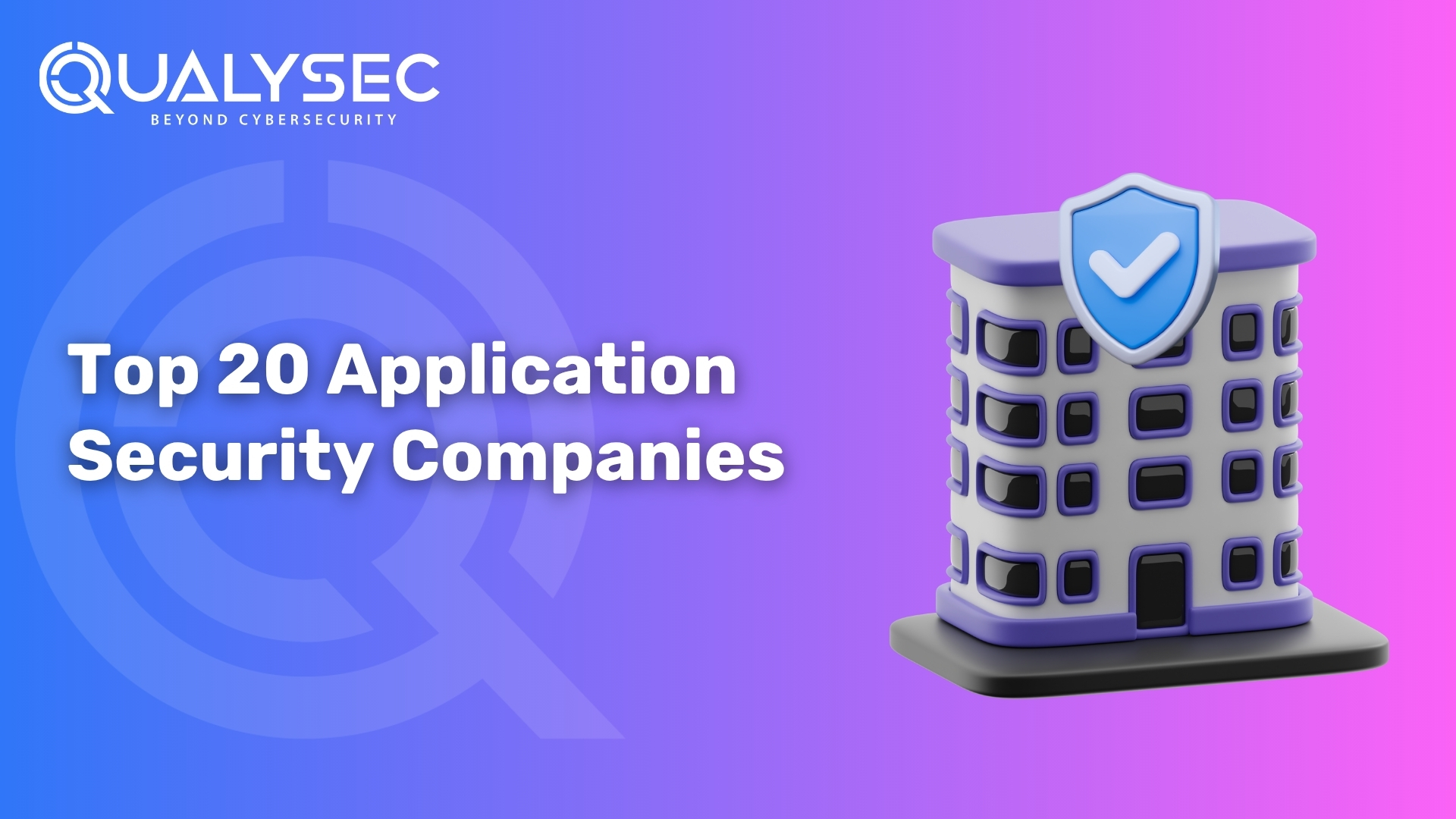
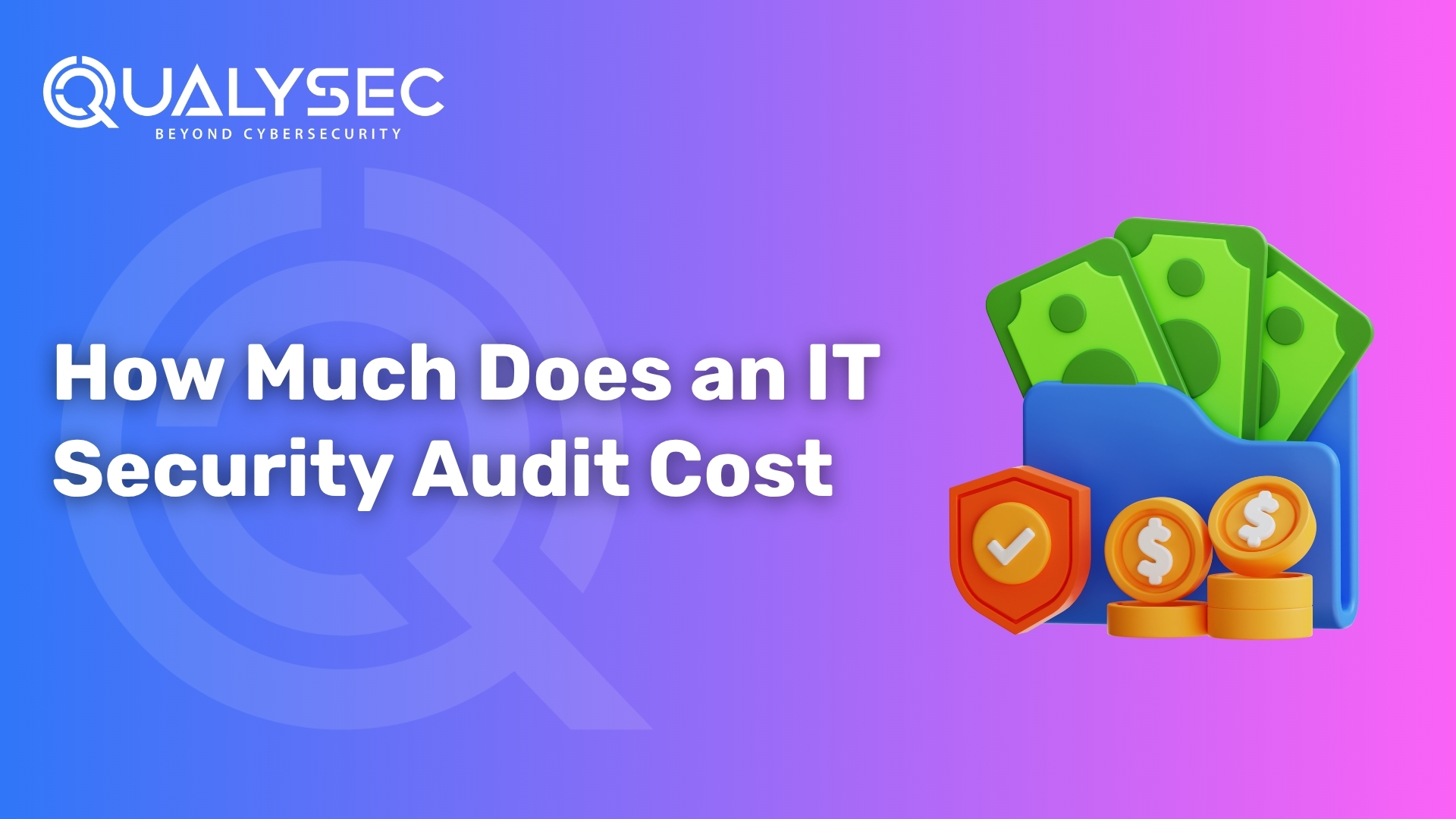
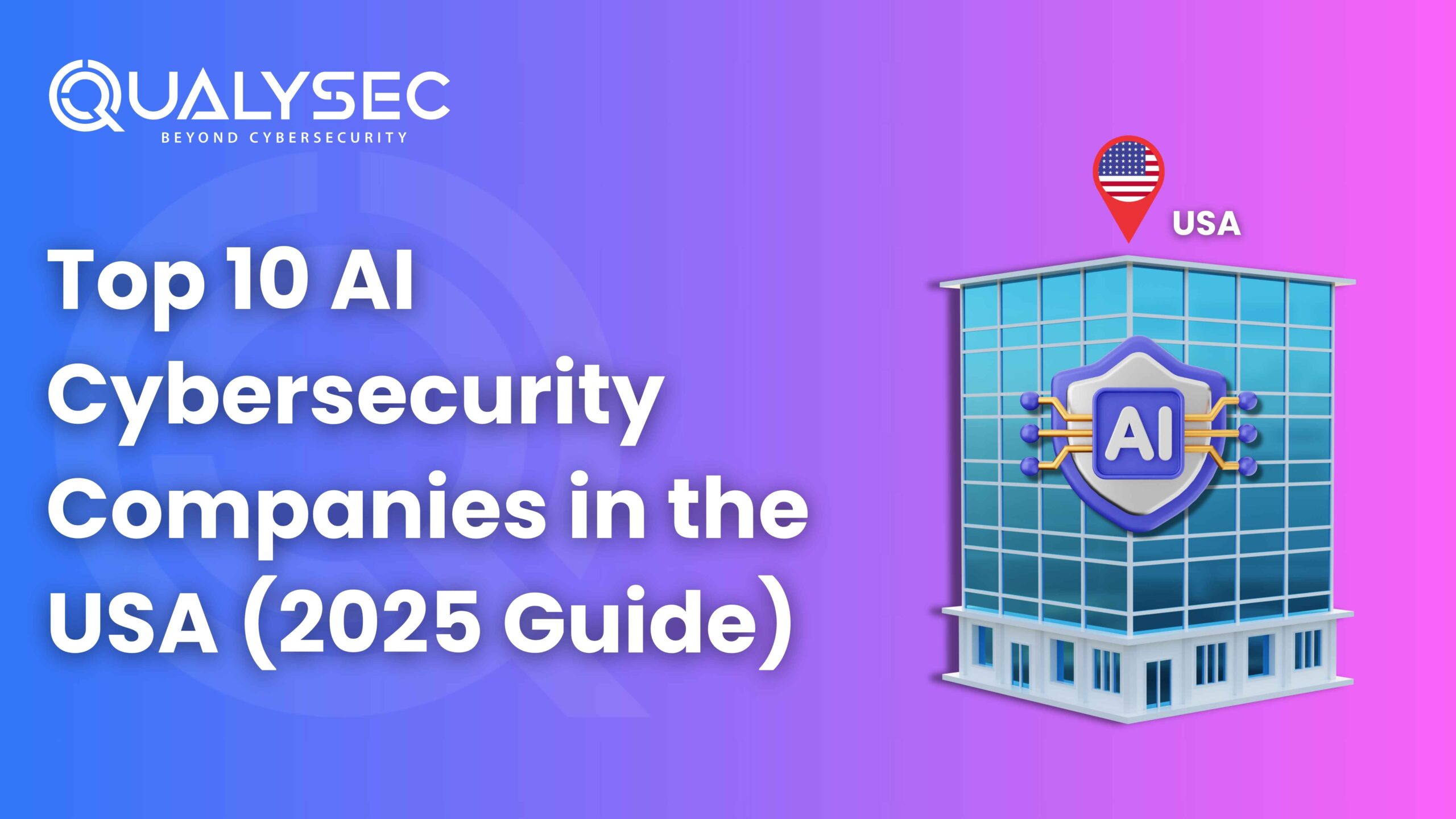
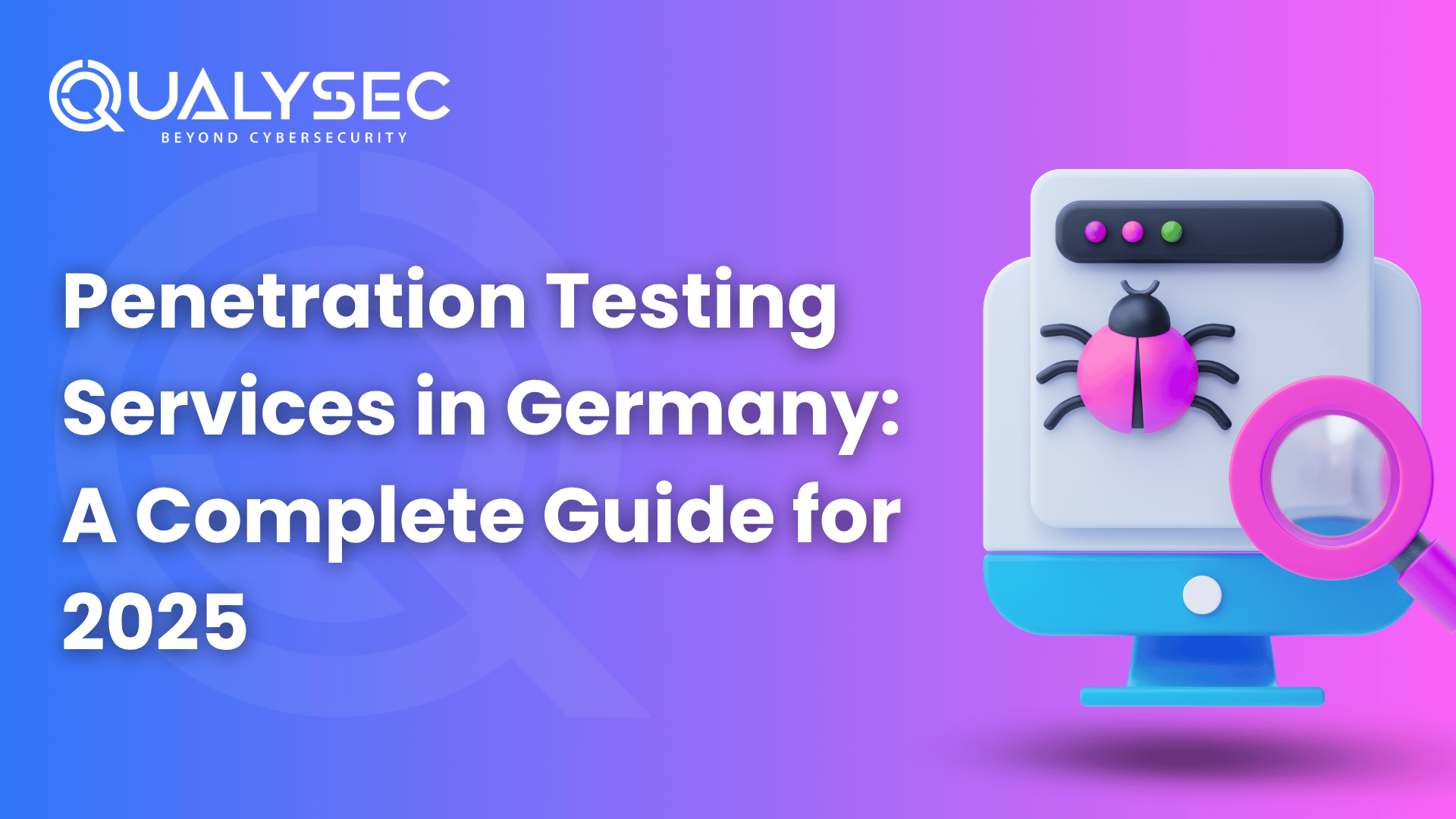
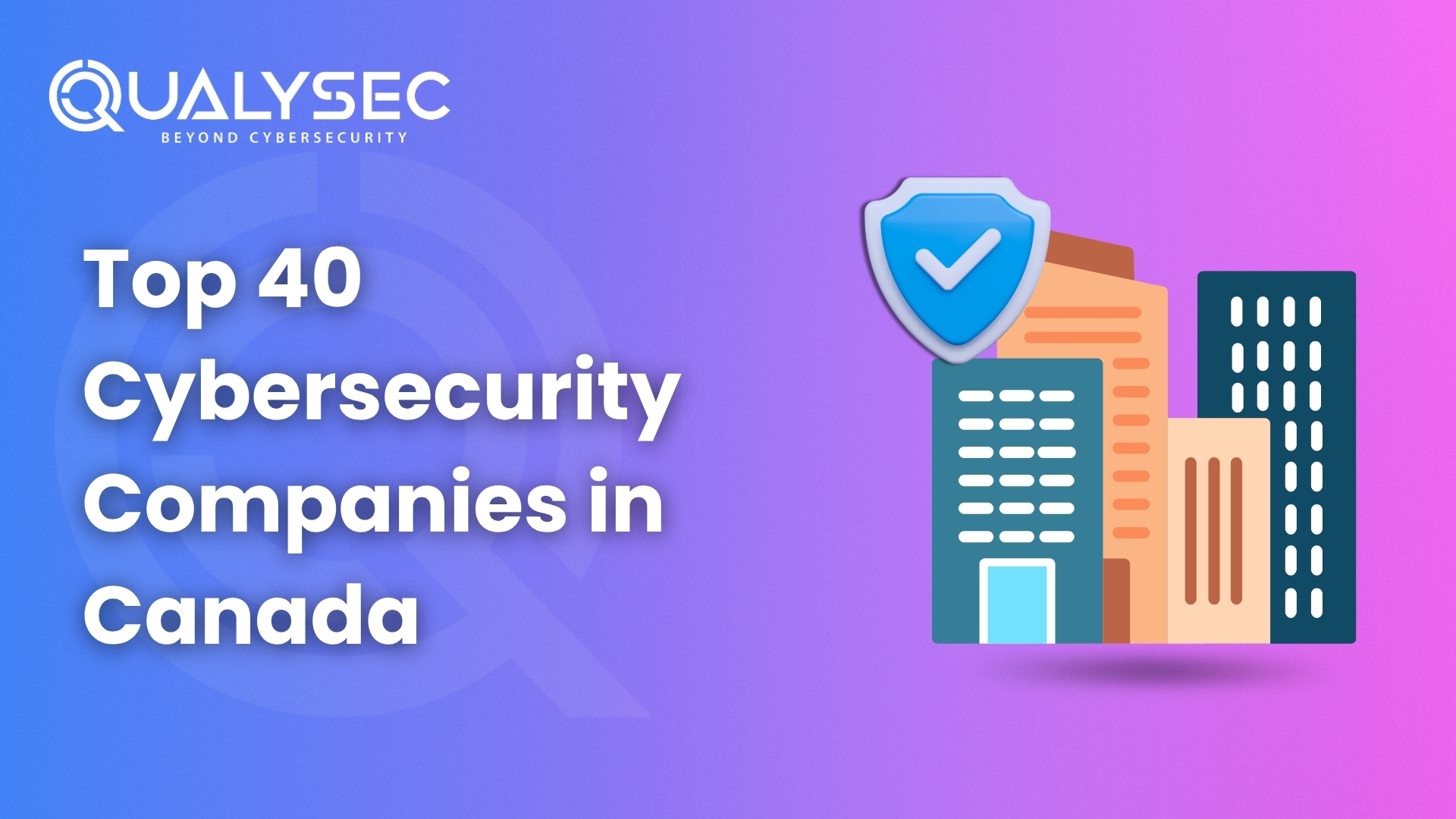
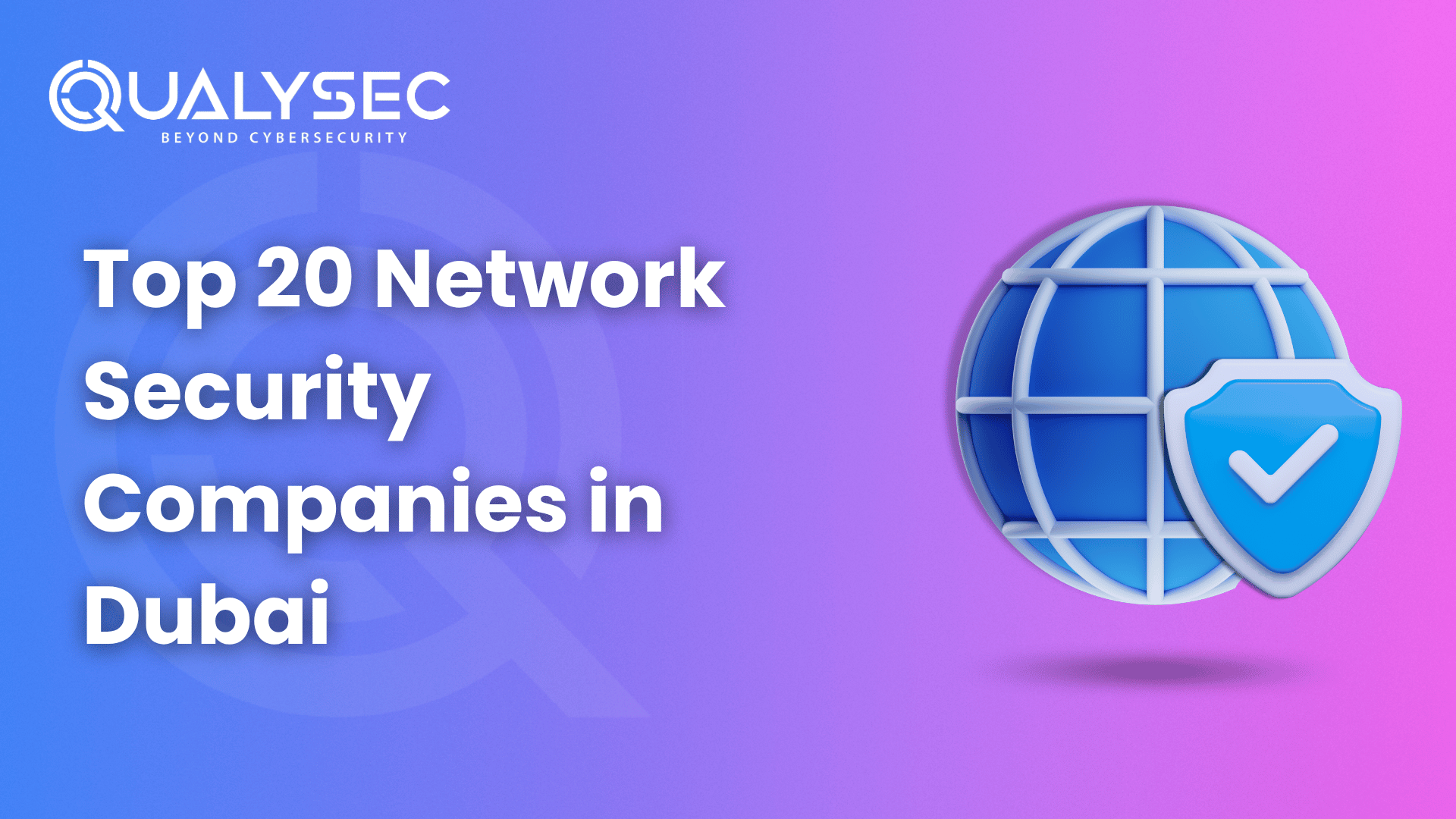
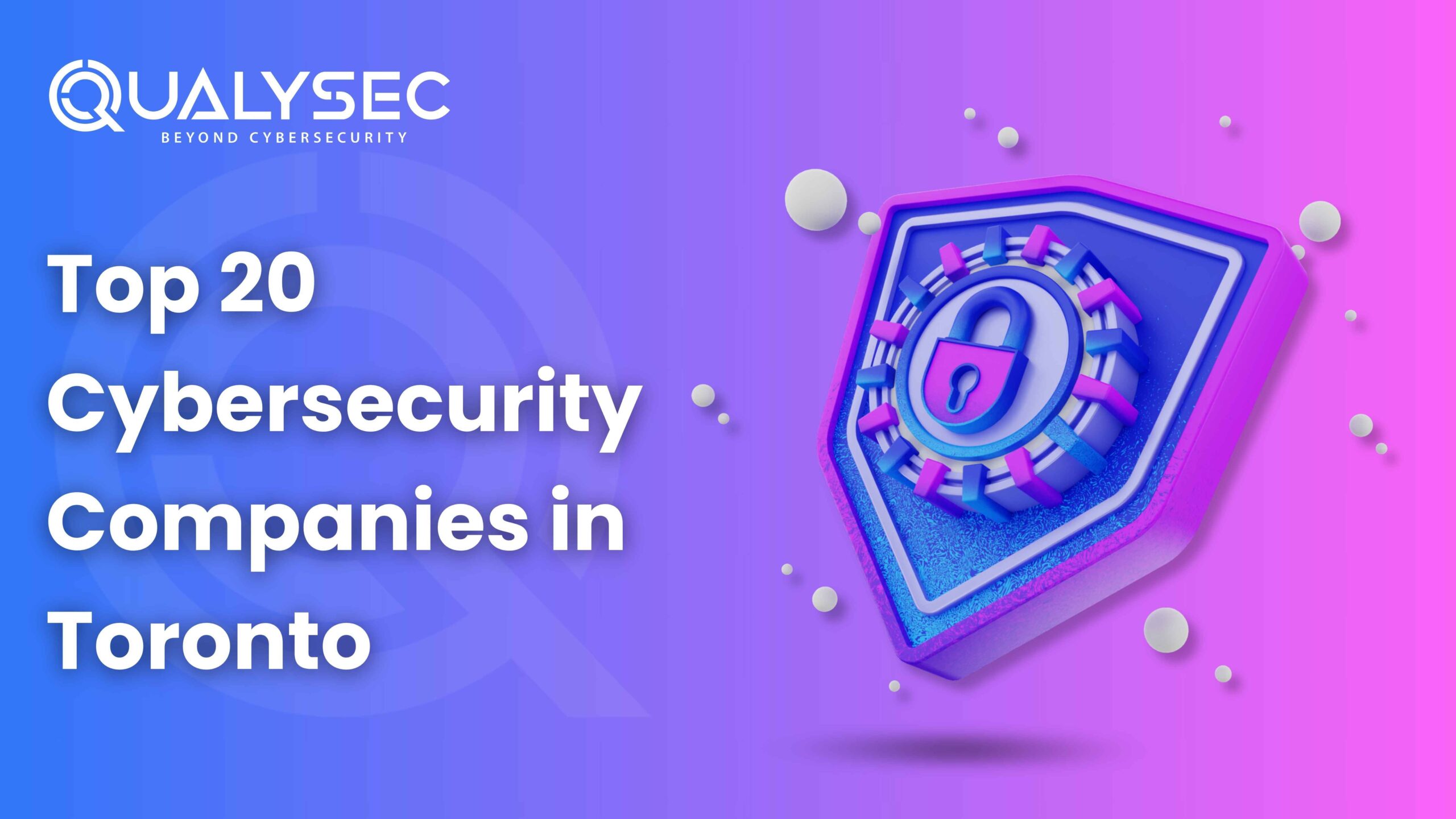
![Top 20 Network Security Companies in USA [2025 Updated List]](https://qualysec.com/wp-content/uploads/2025/05/Top-20-Network-Security-Companies-in-USA-2025-Updated-List-scaled.jpg)
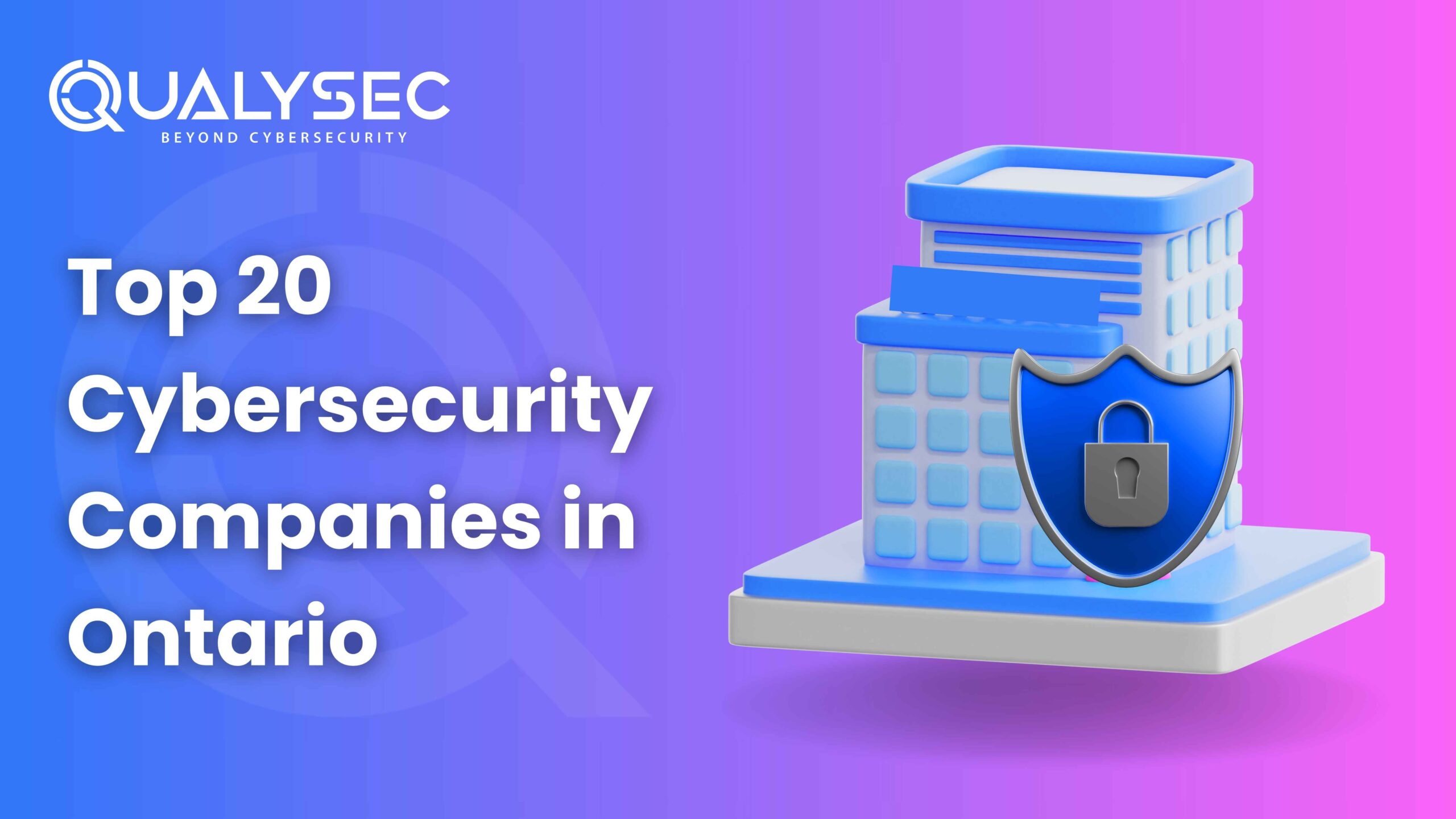
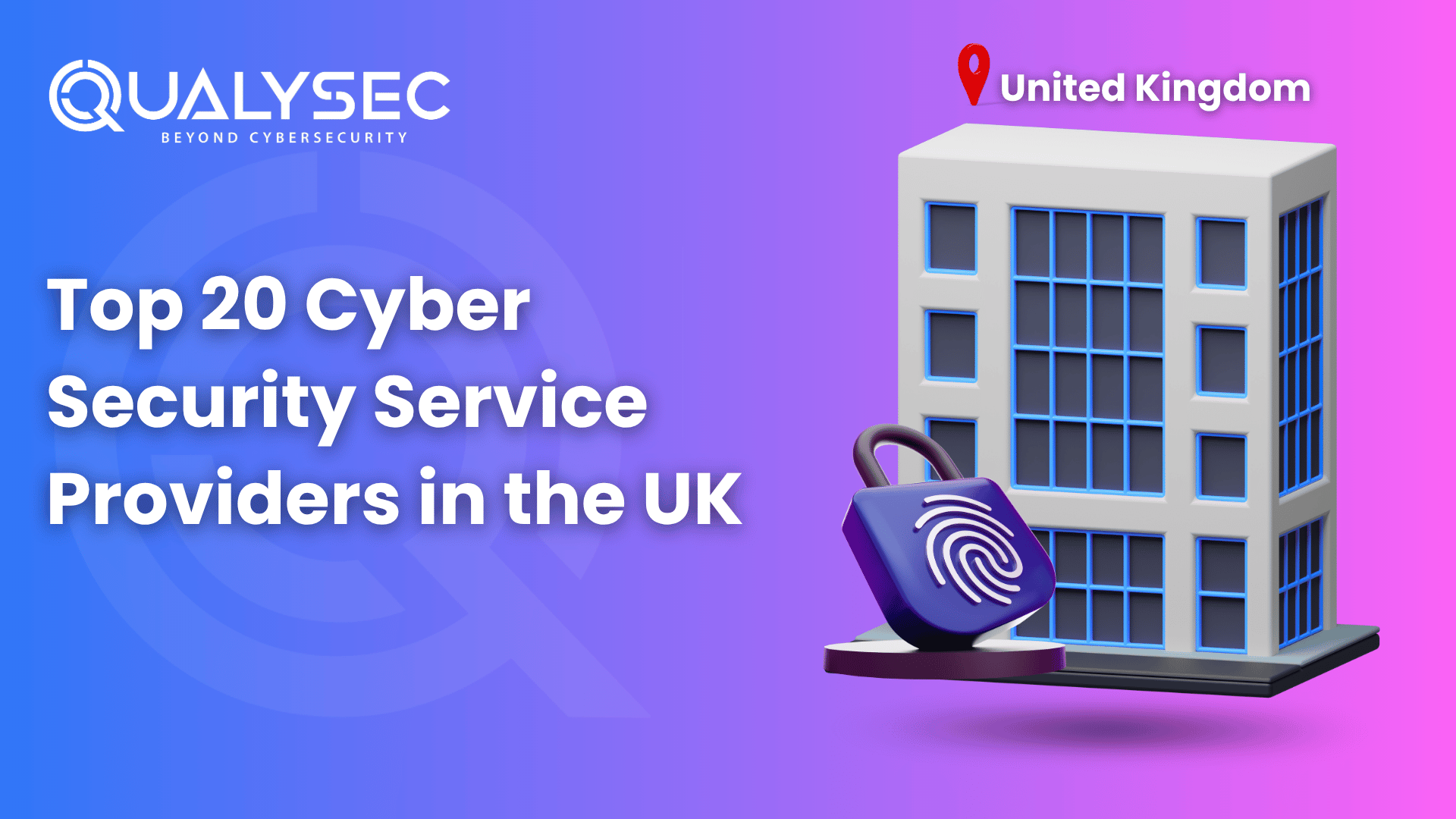
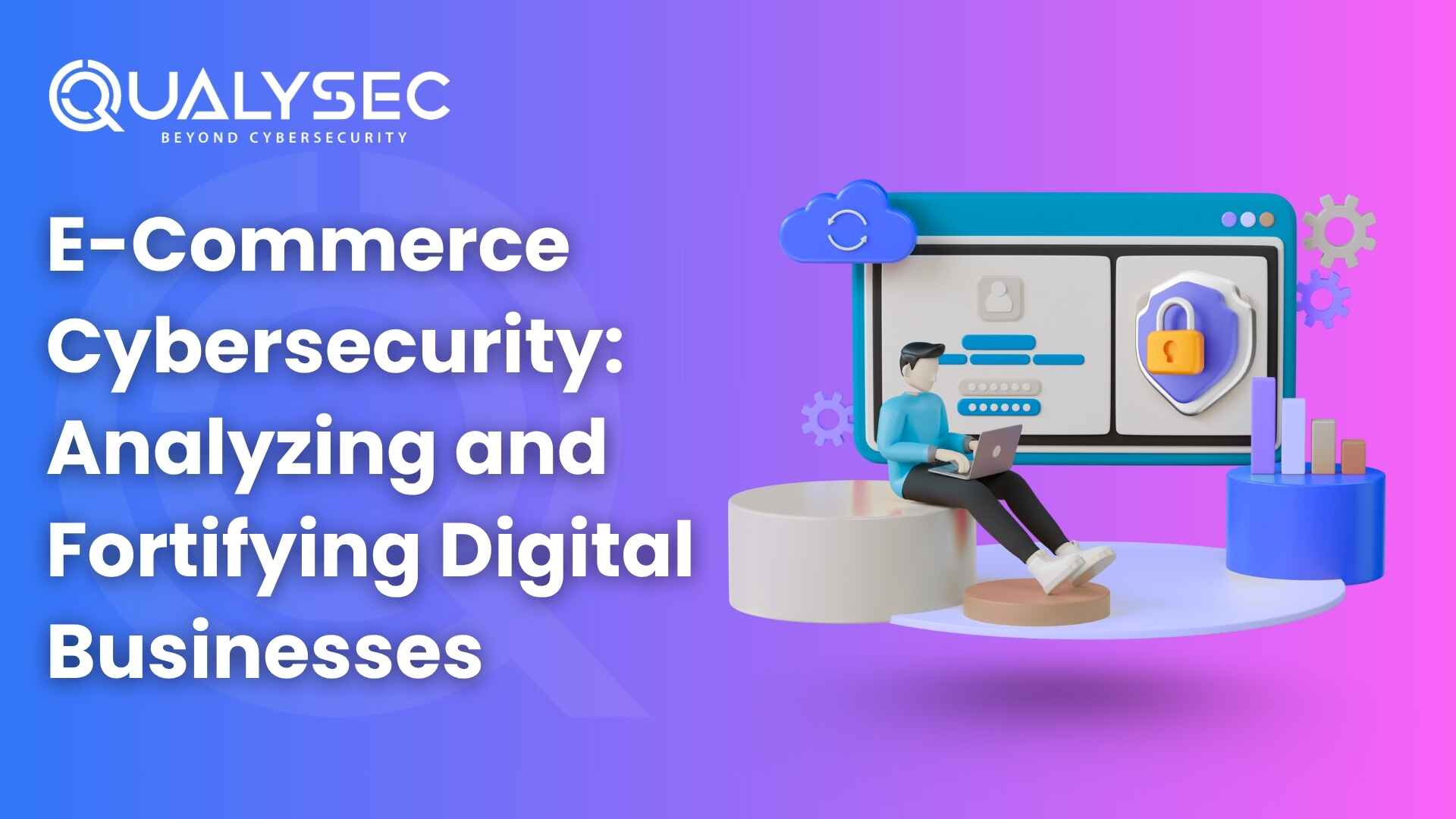
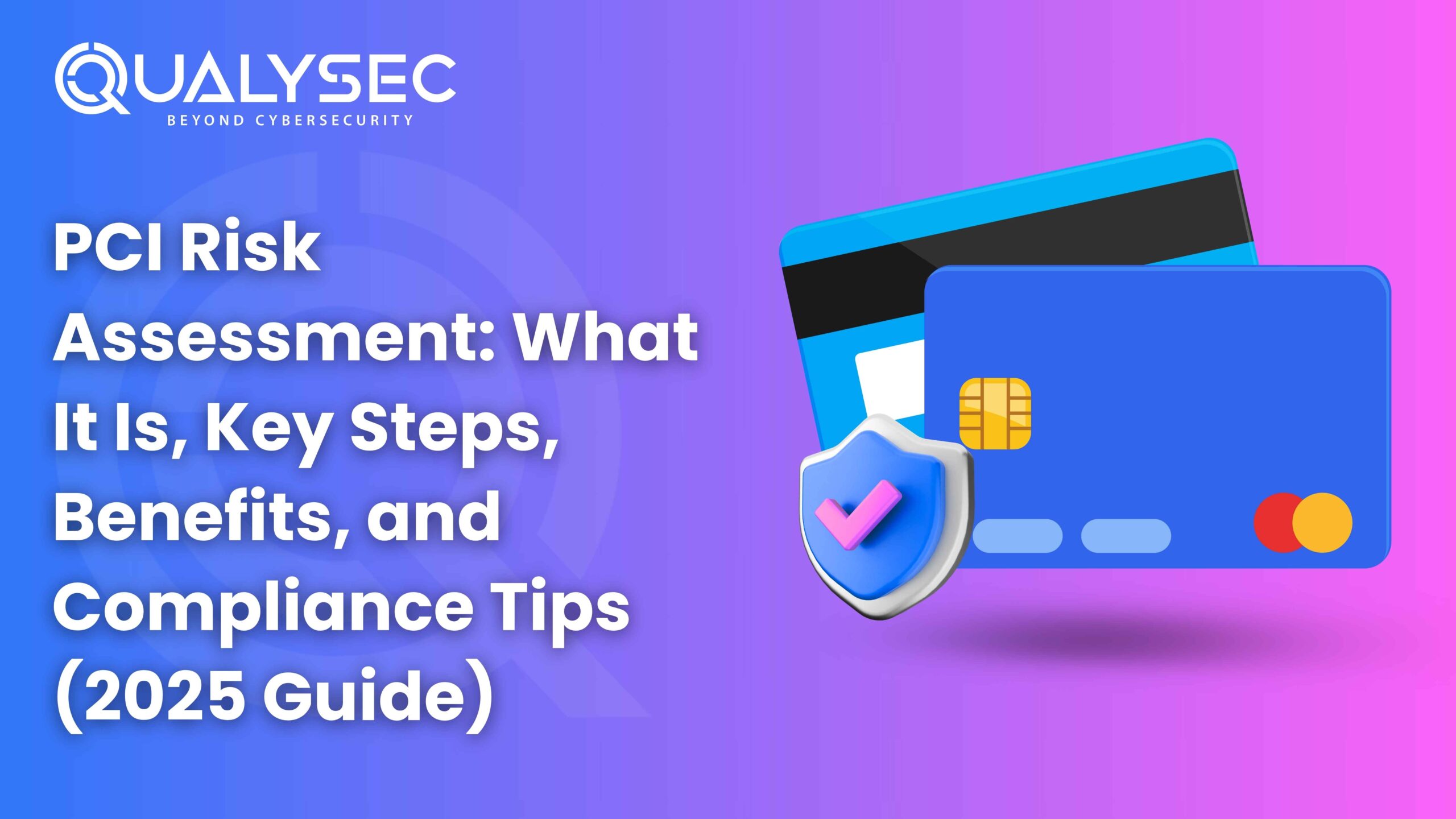
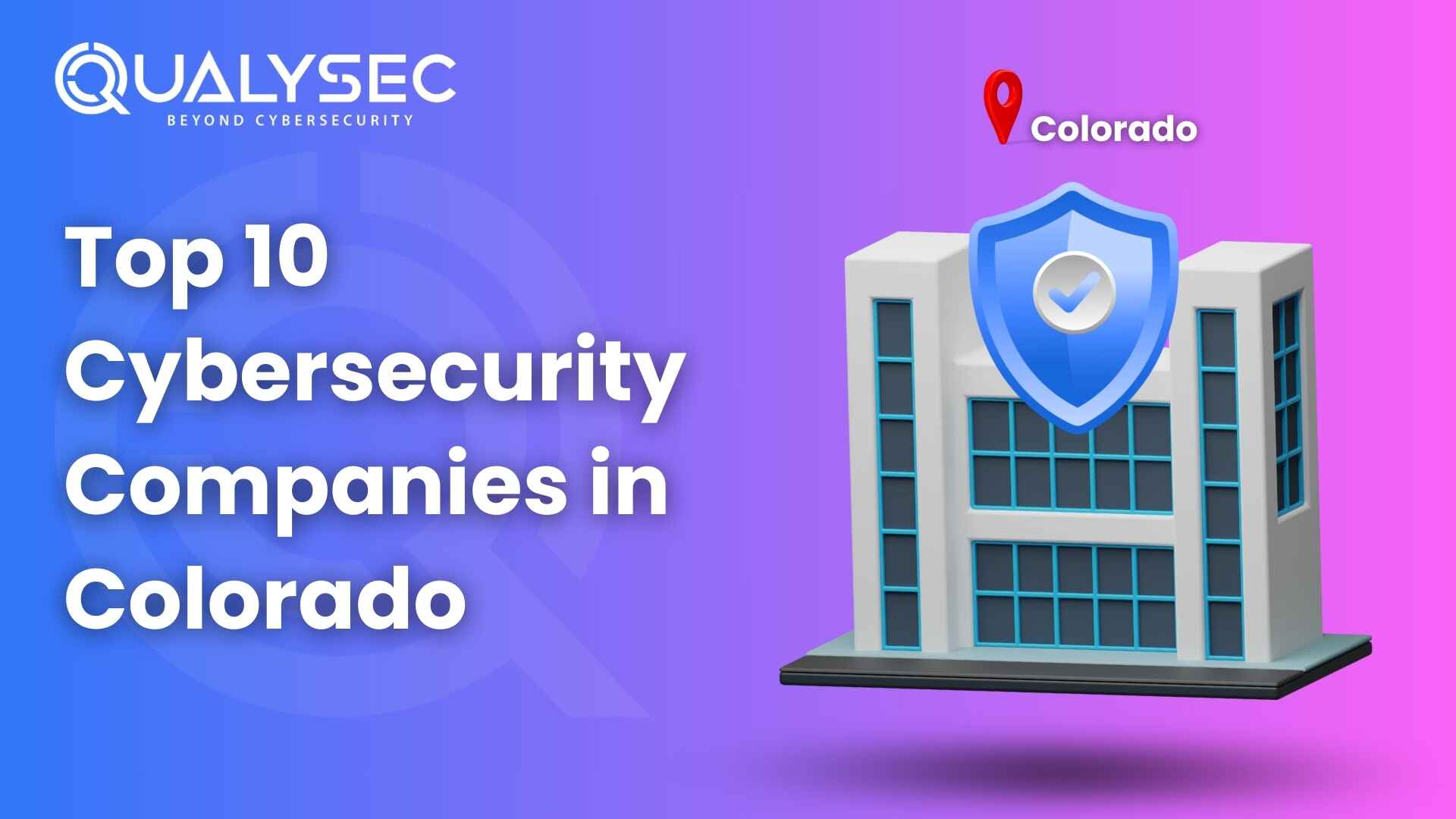































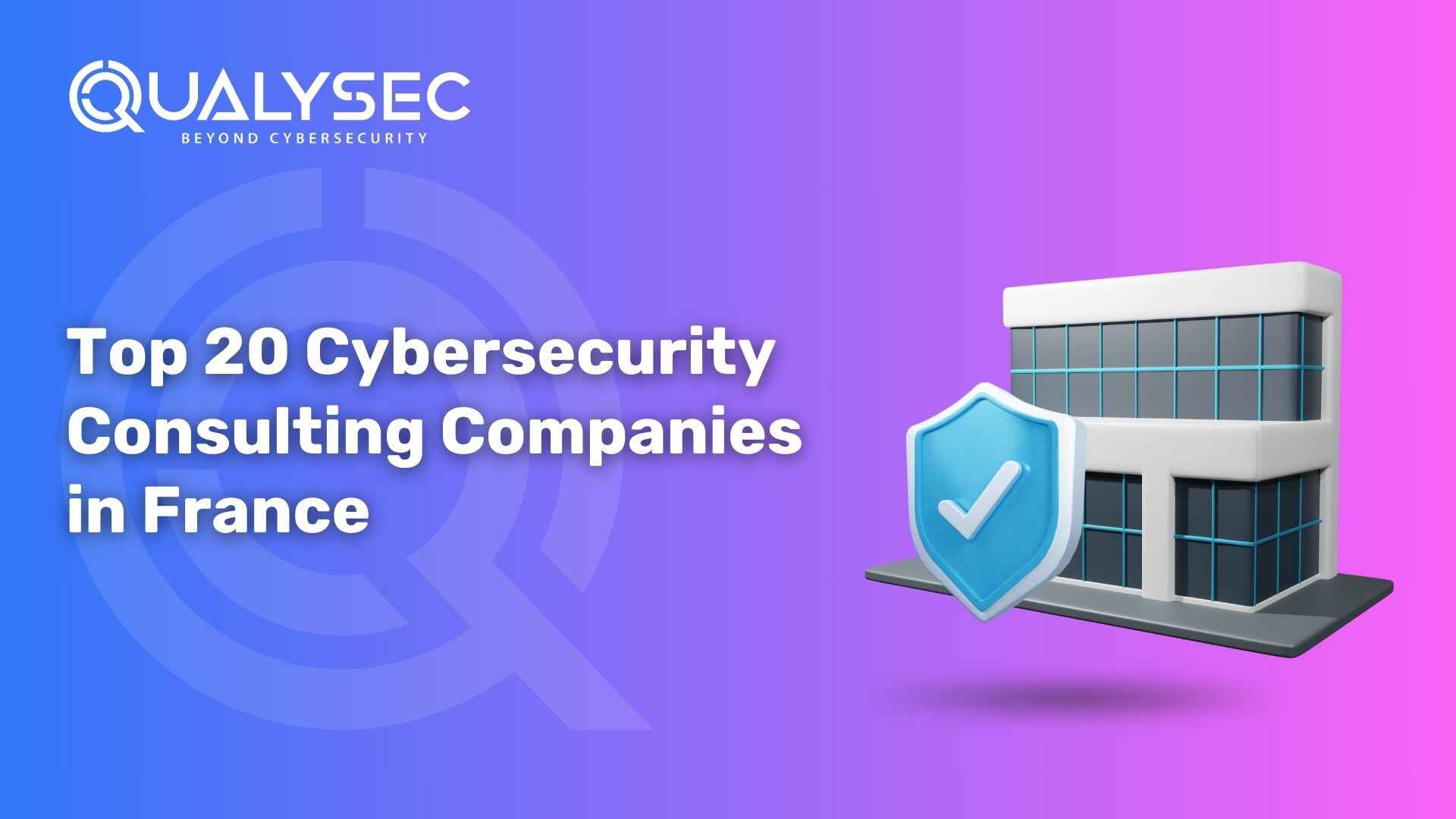












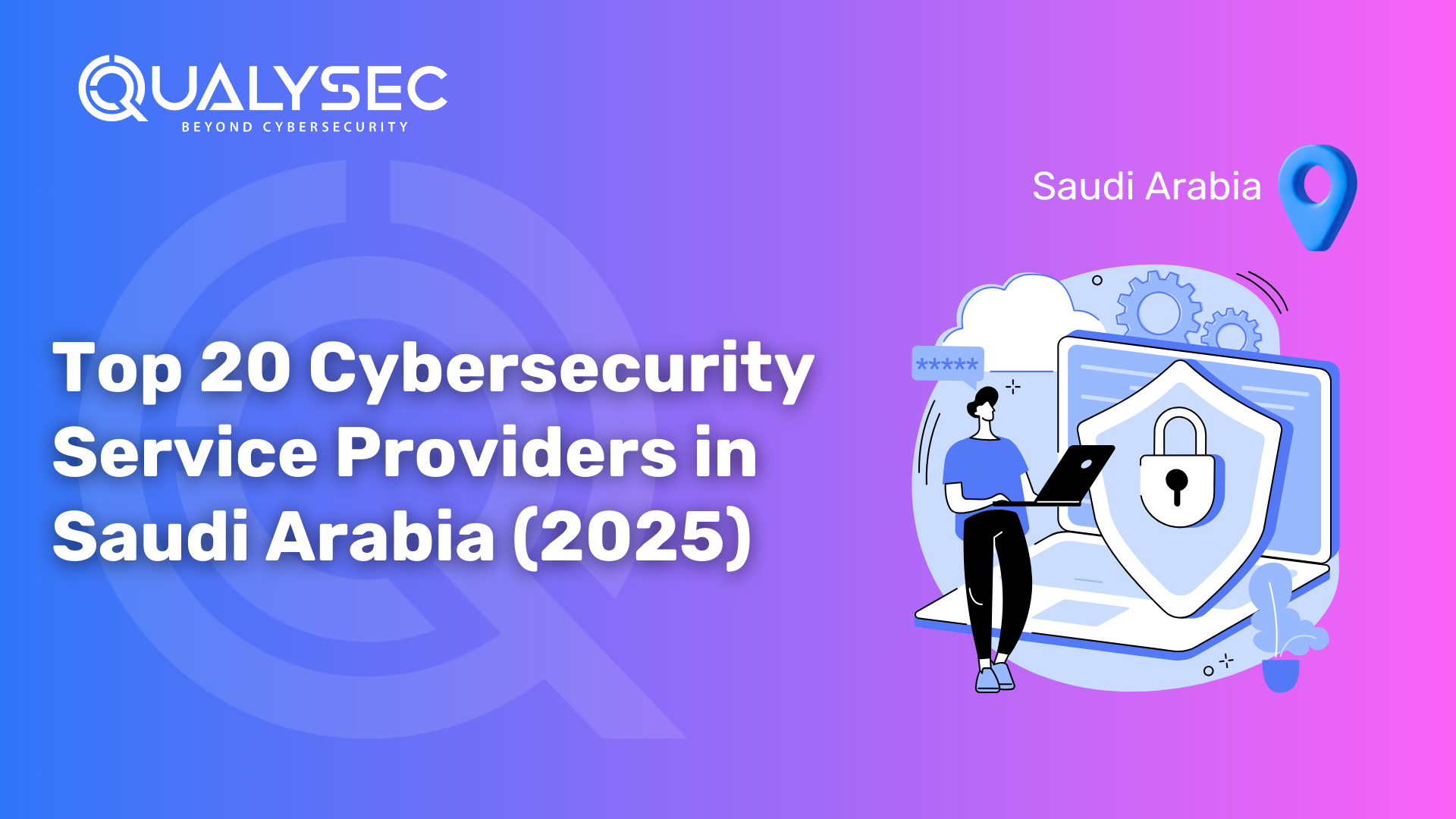
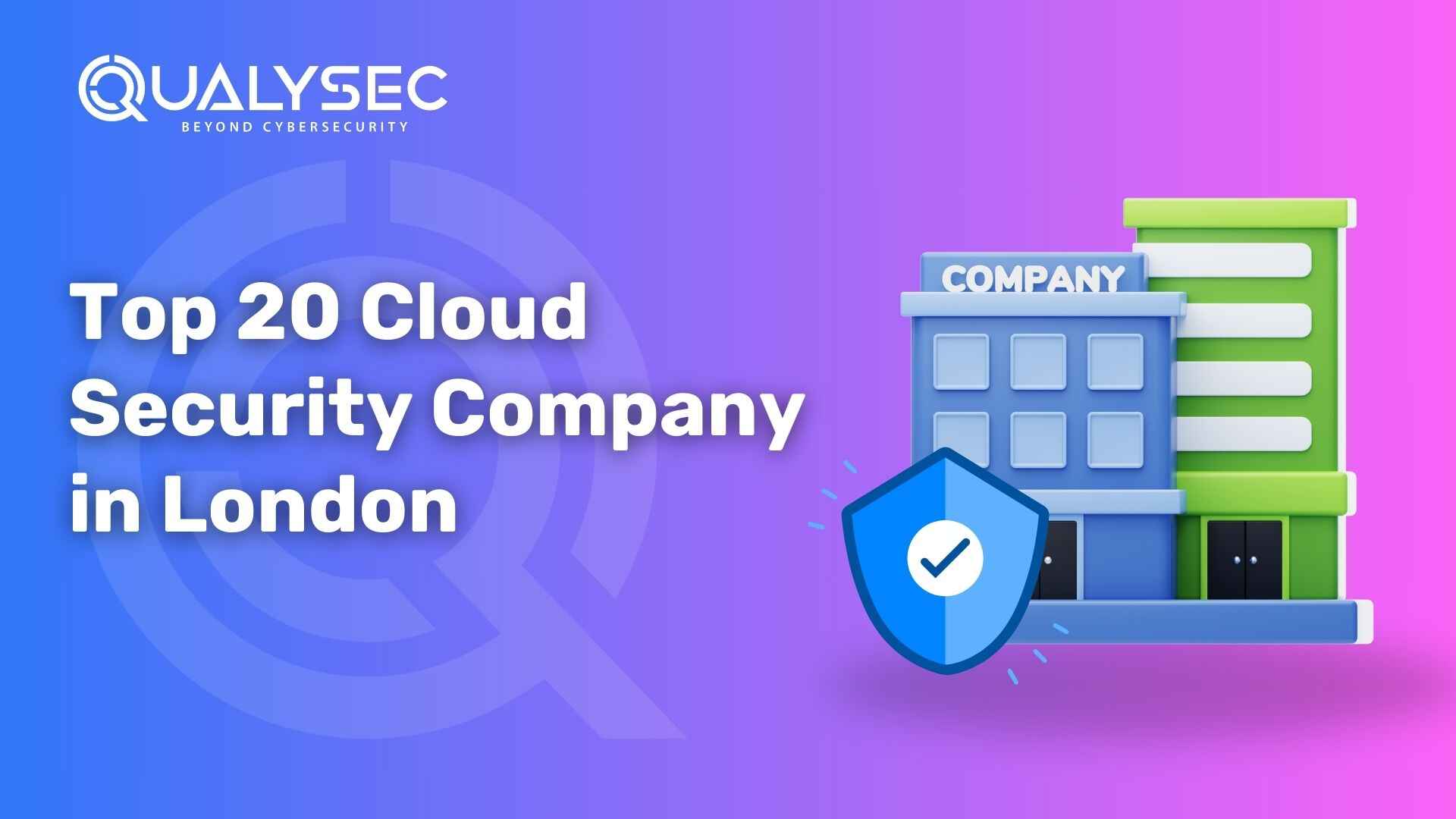









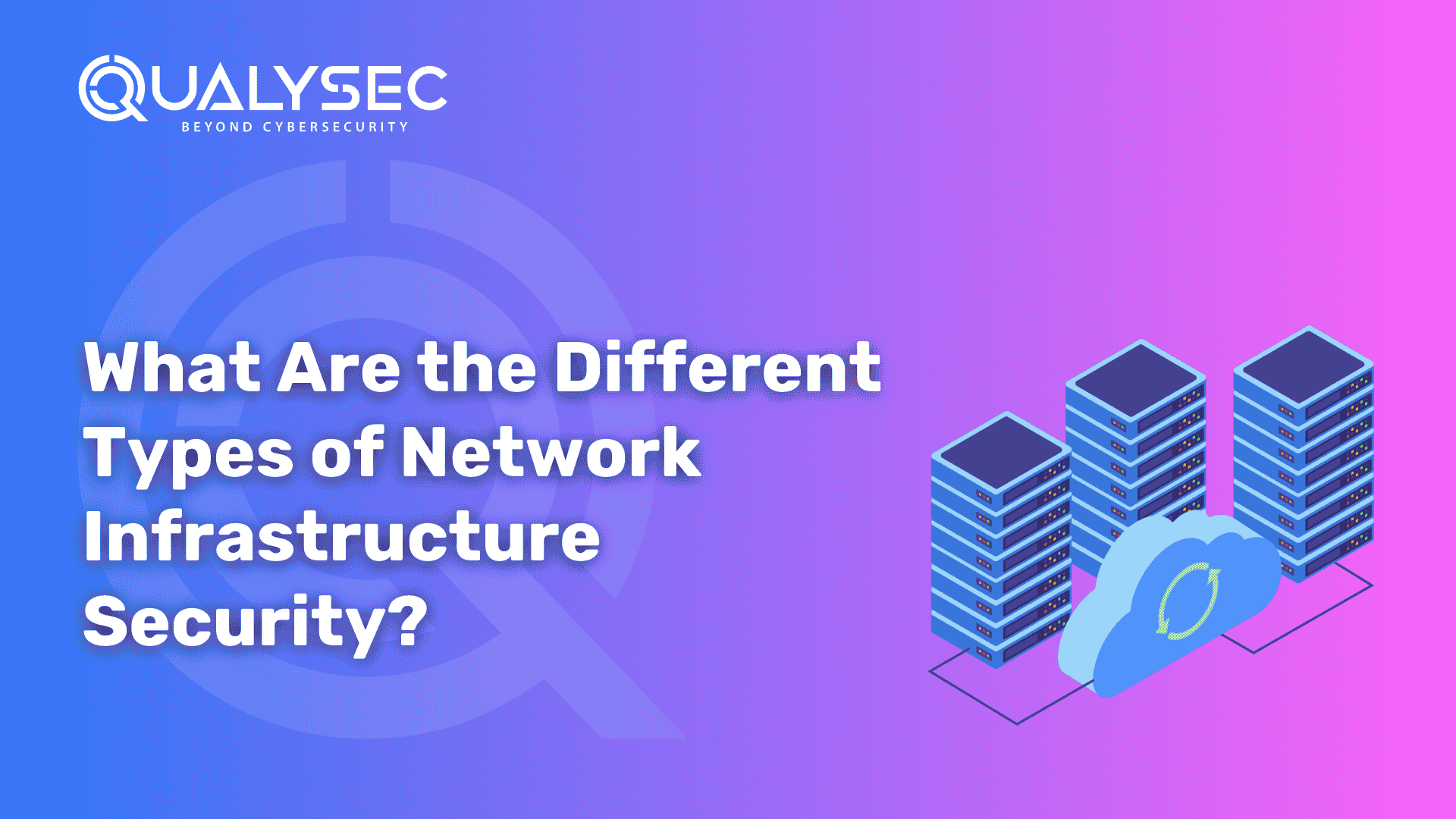








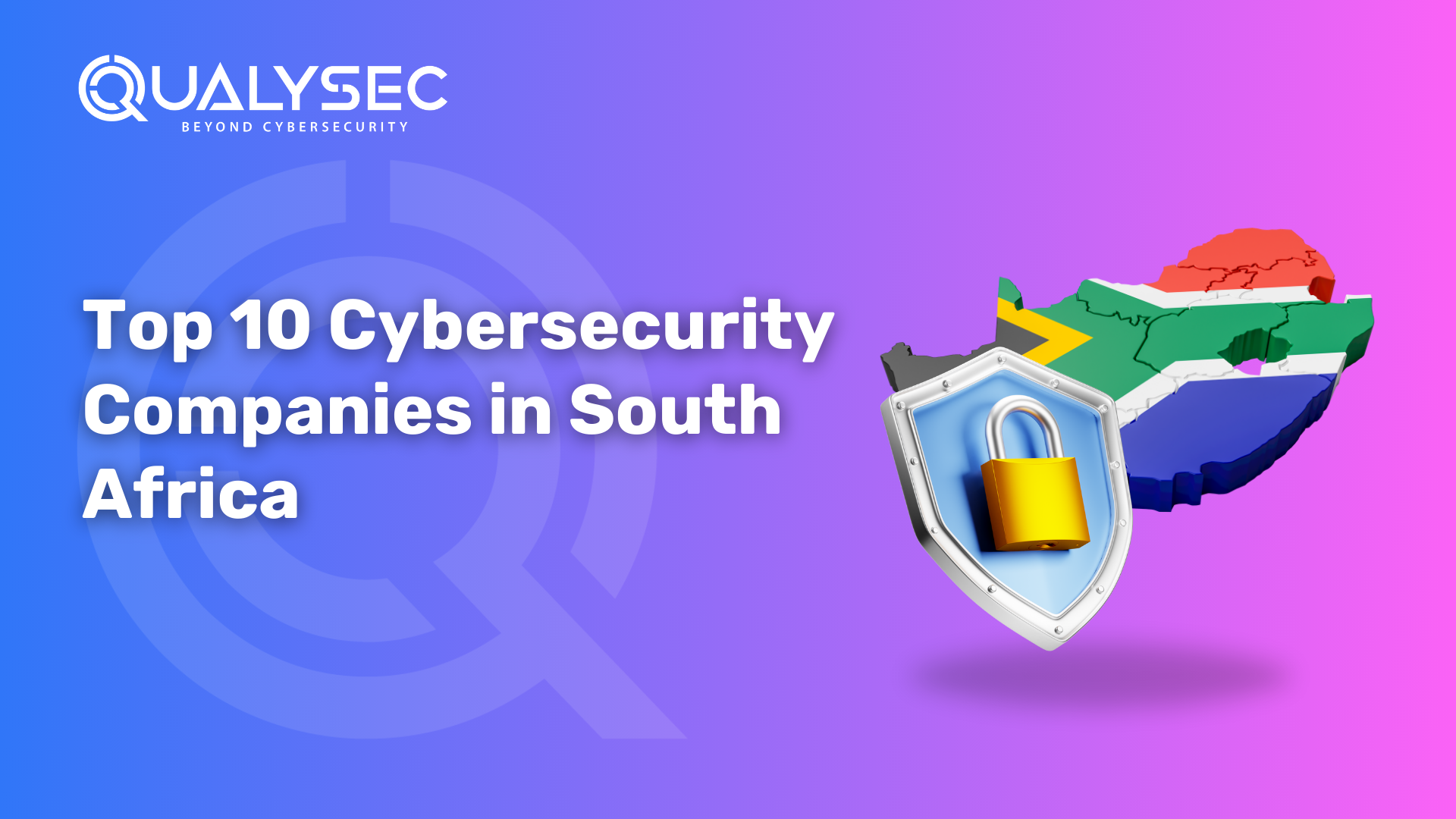







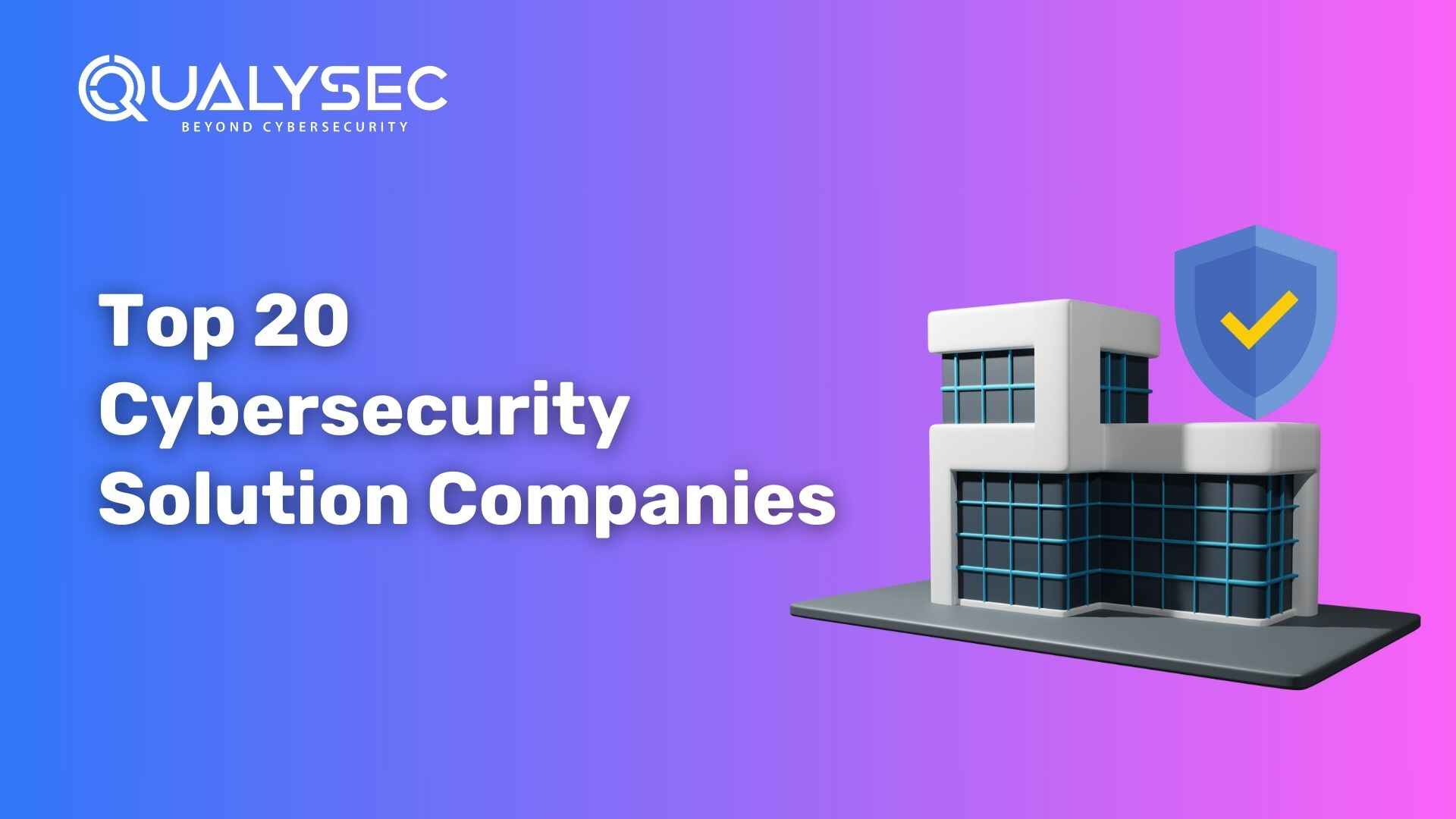























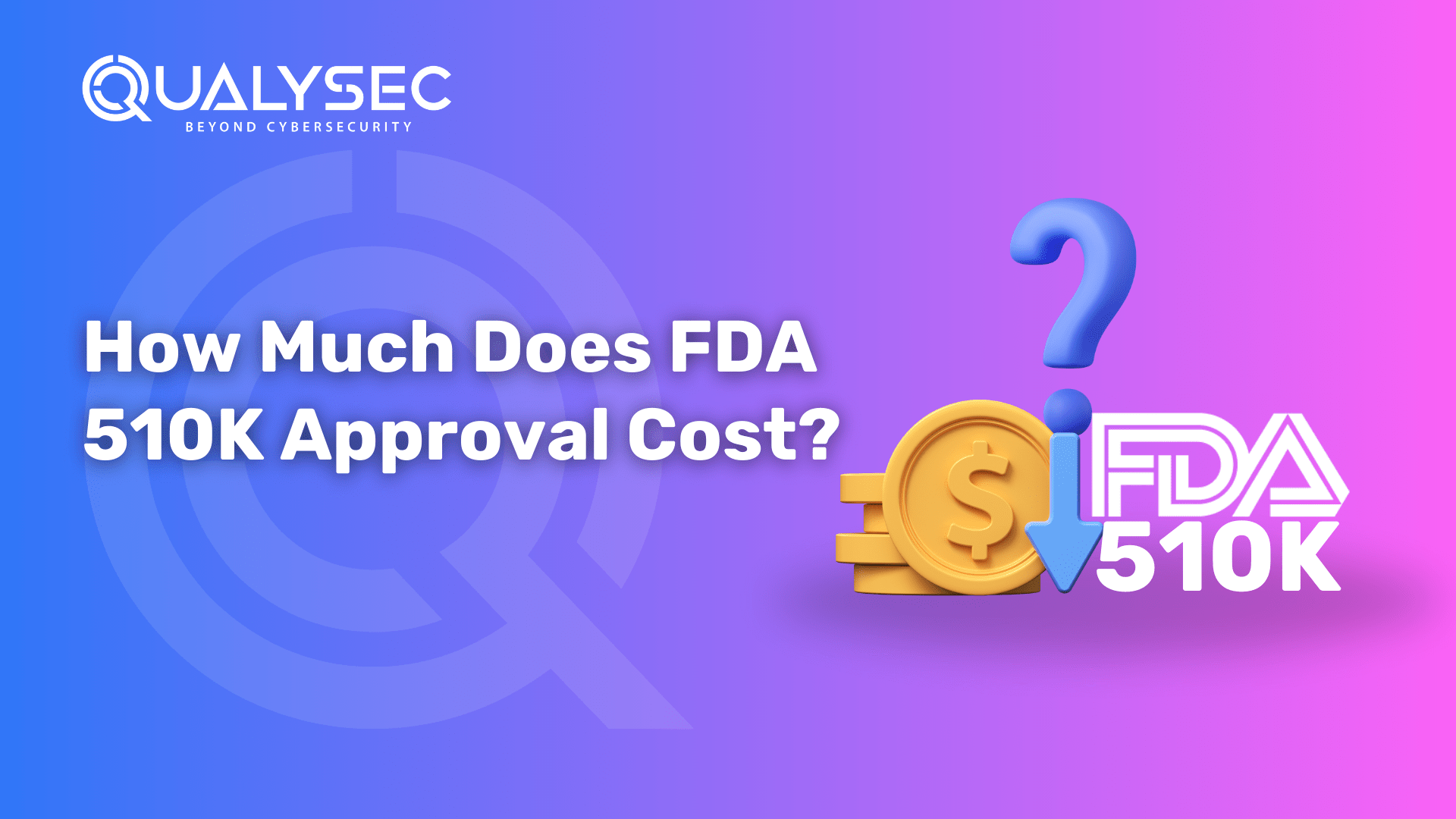
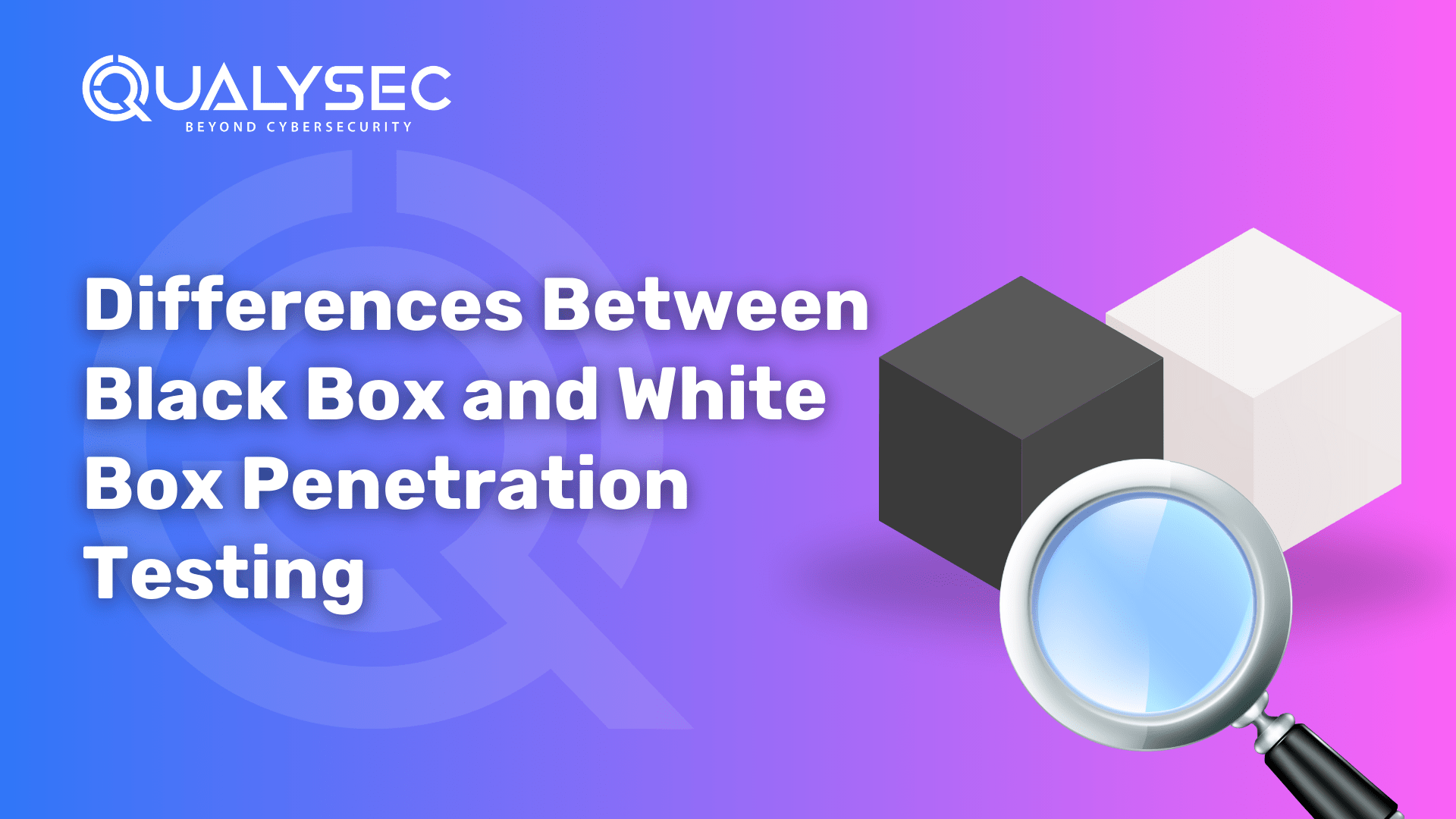











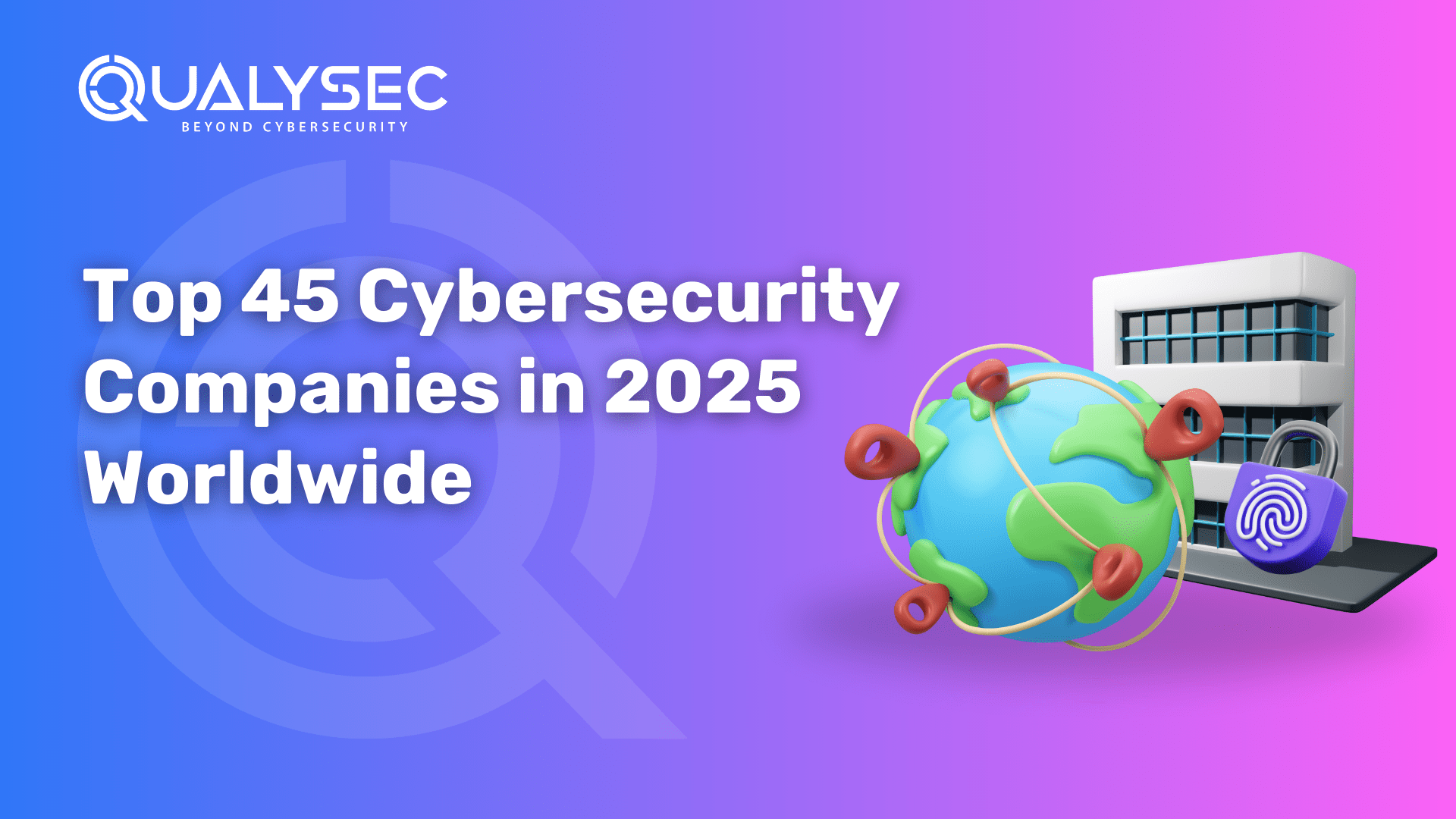



















































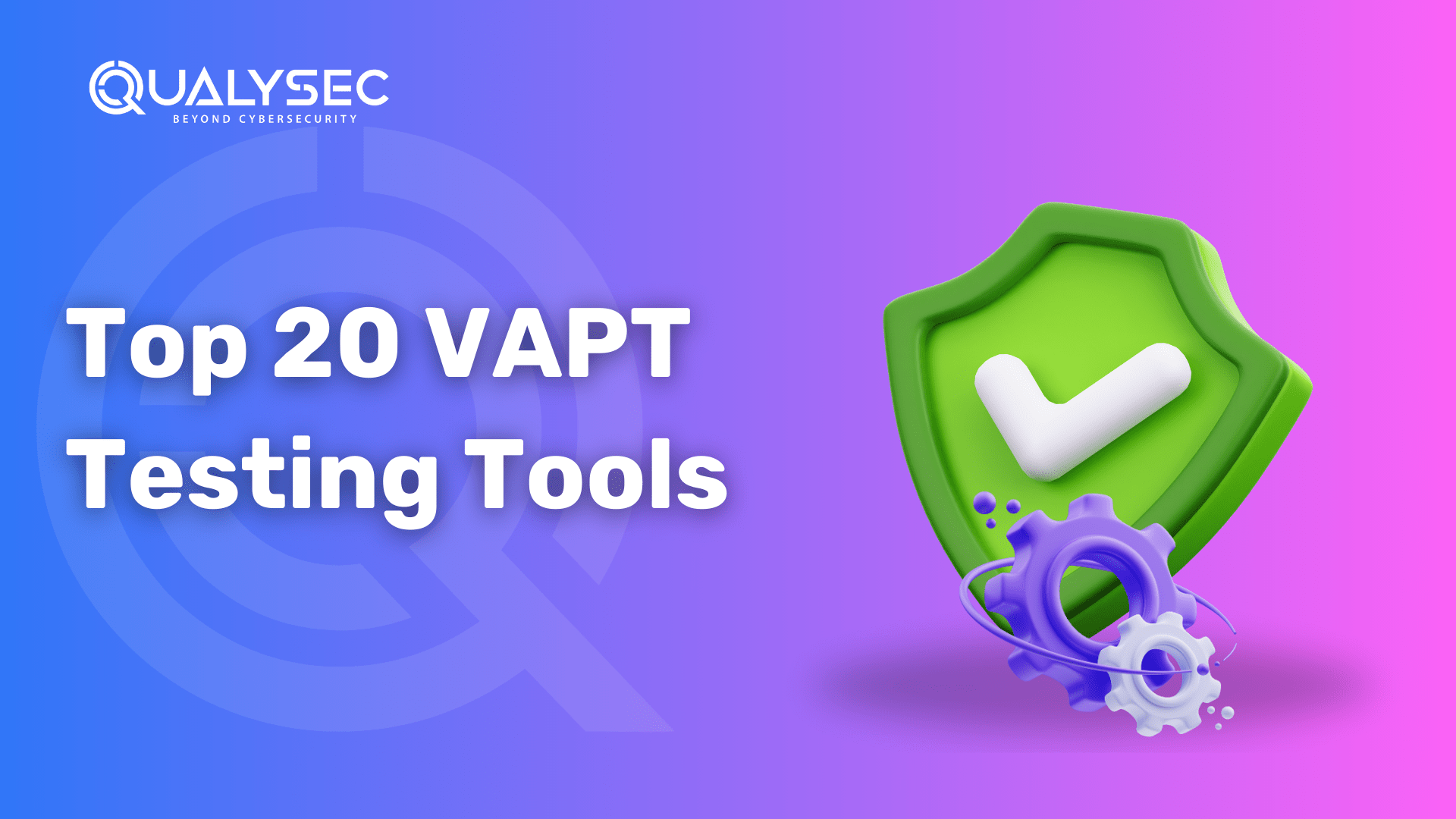


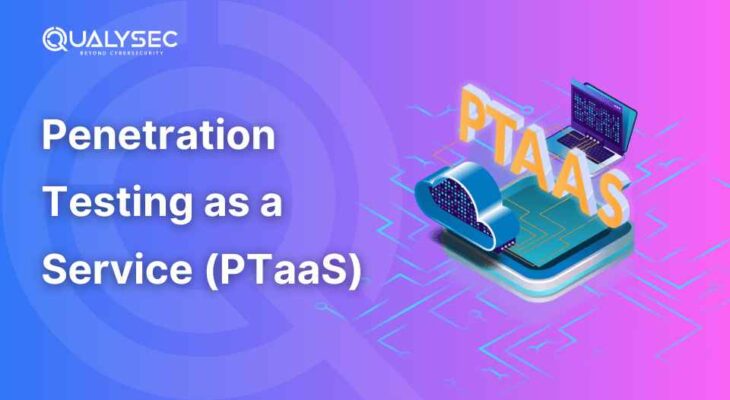

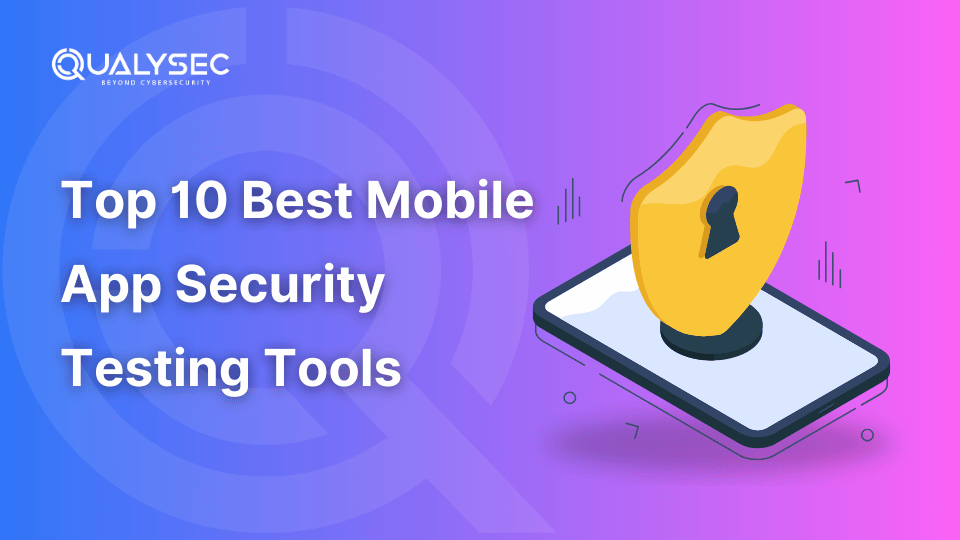


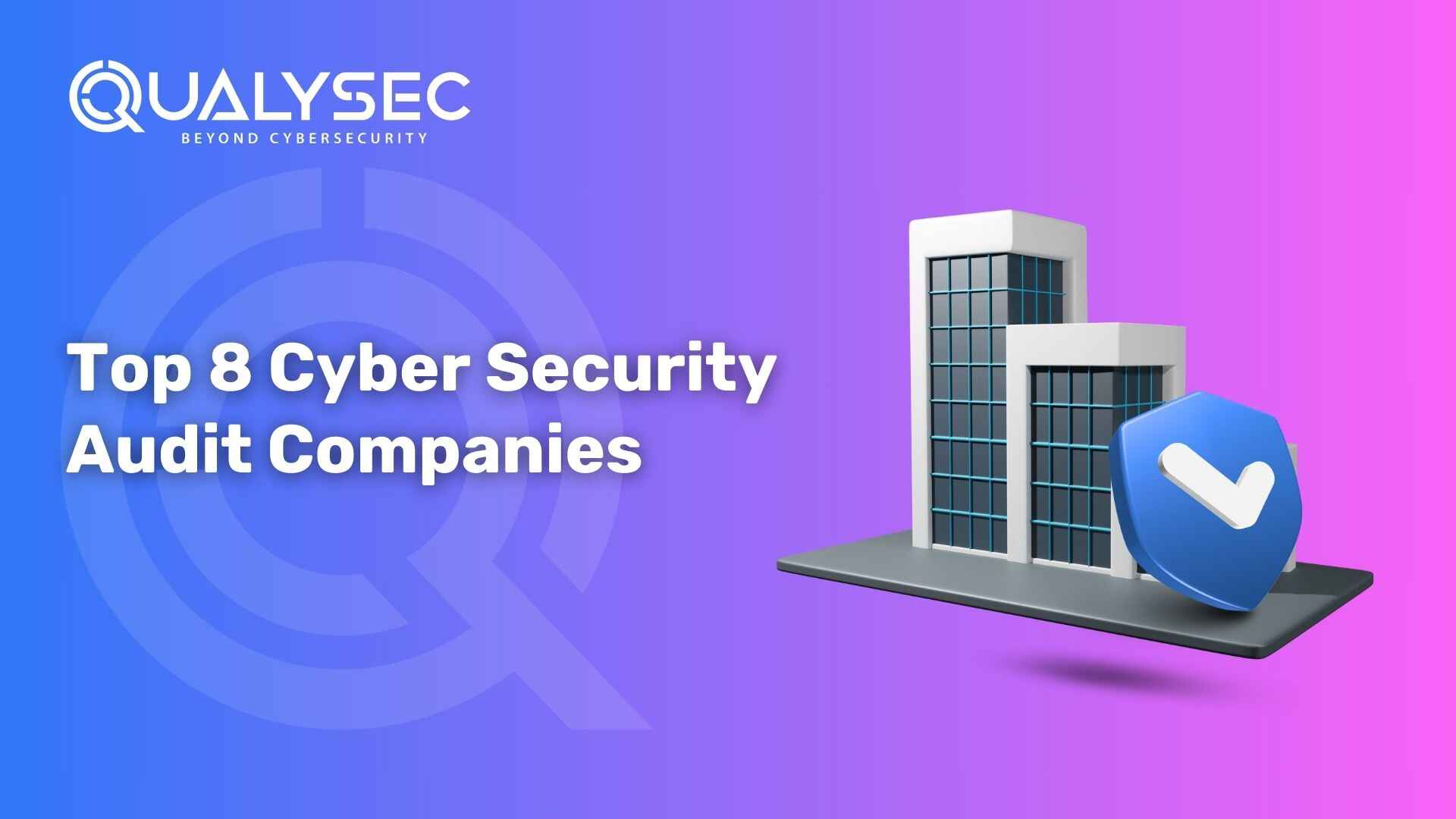
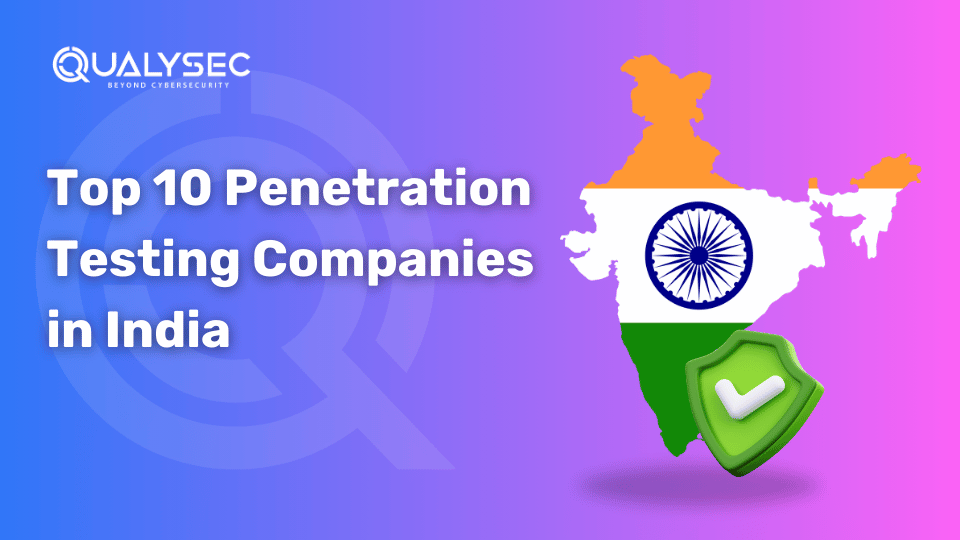






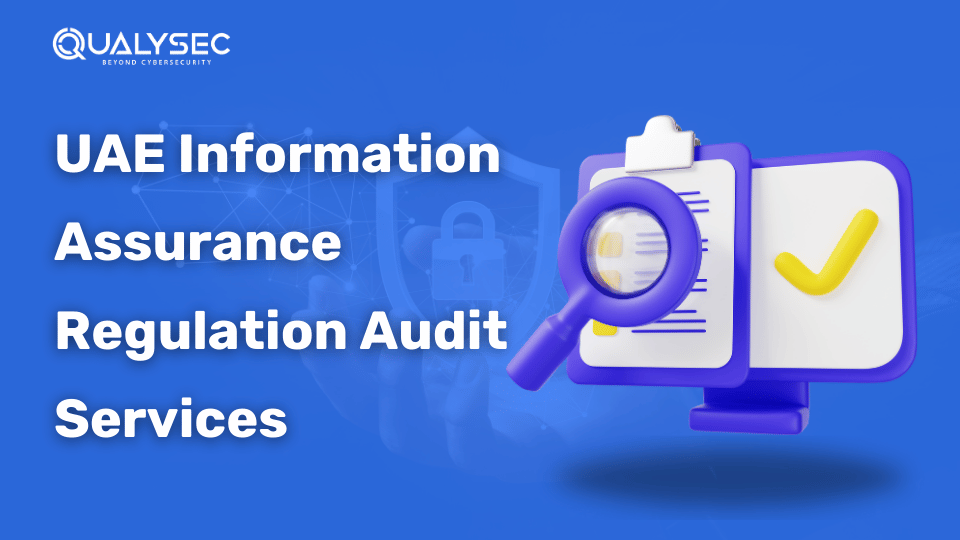










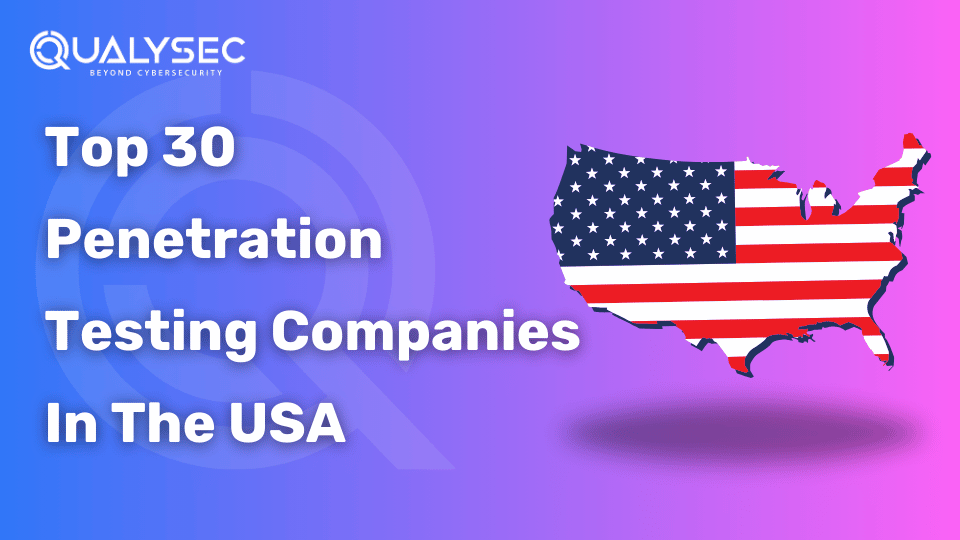
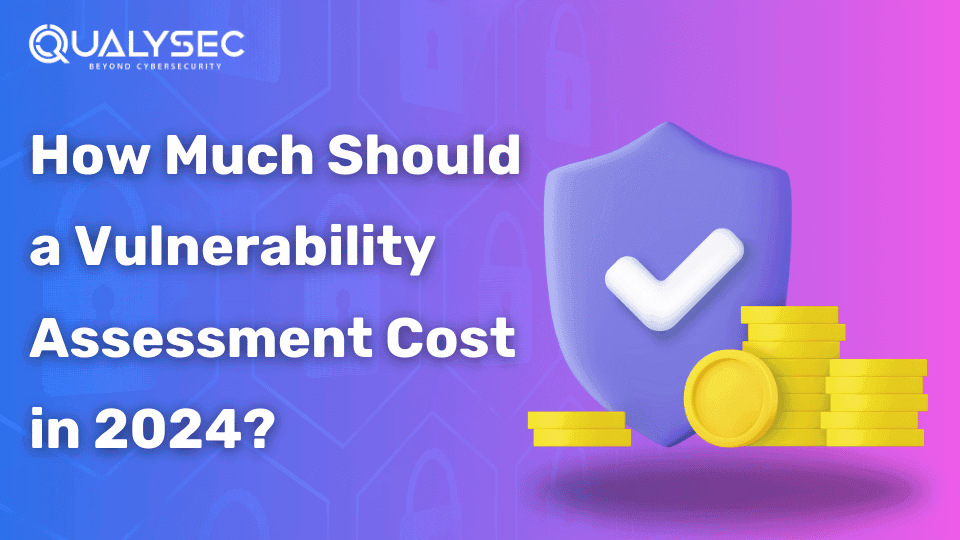








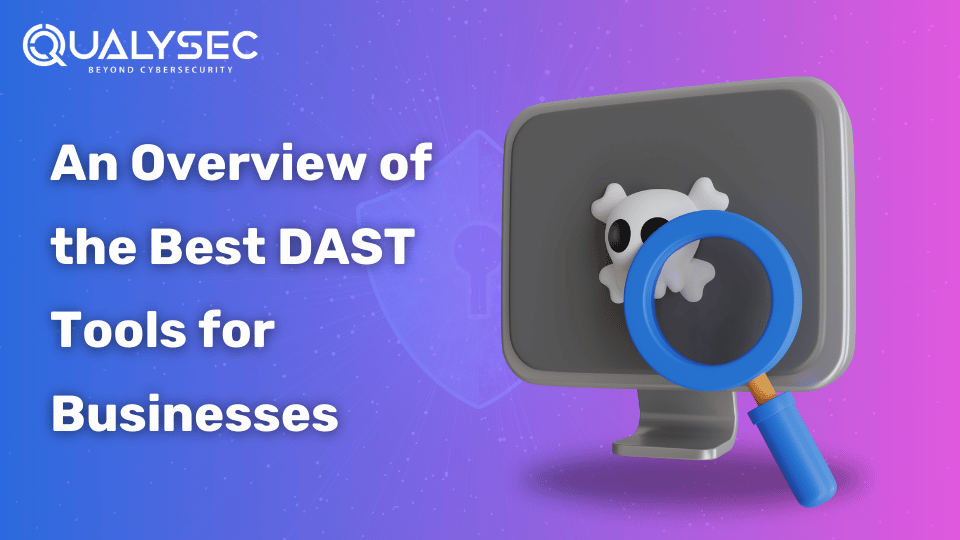









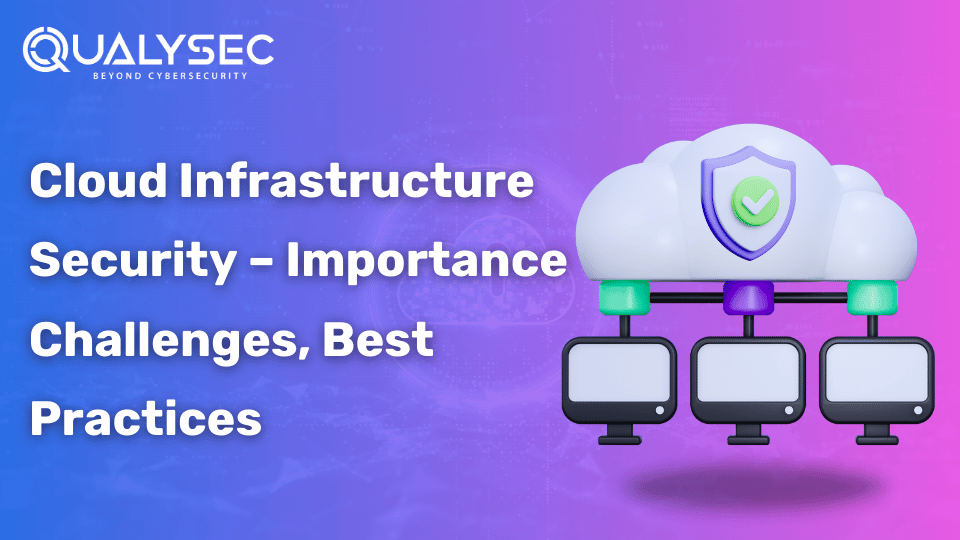

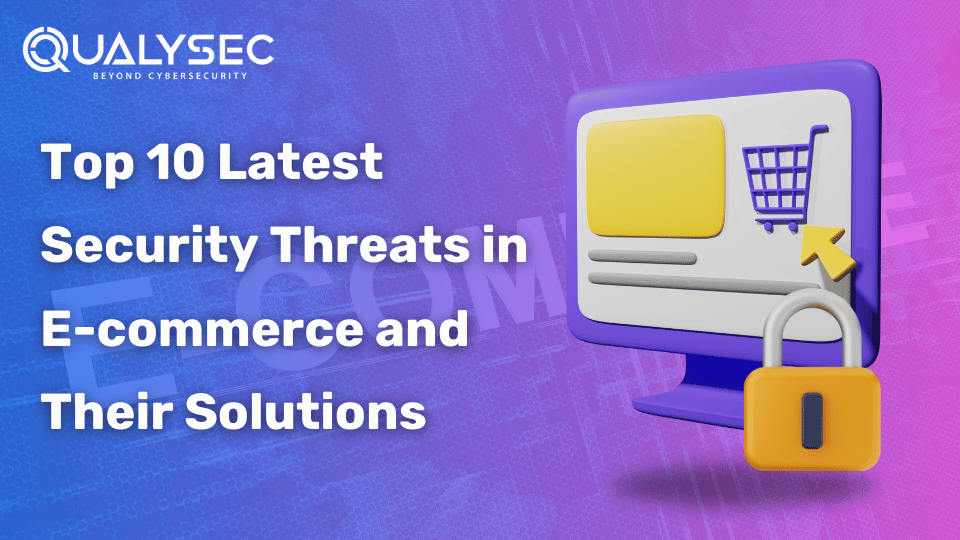
















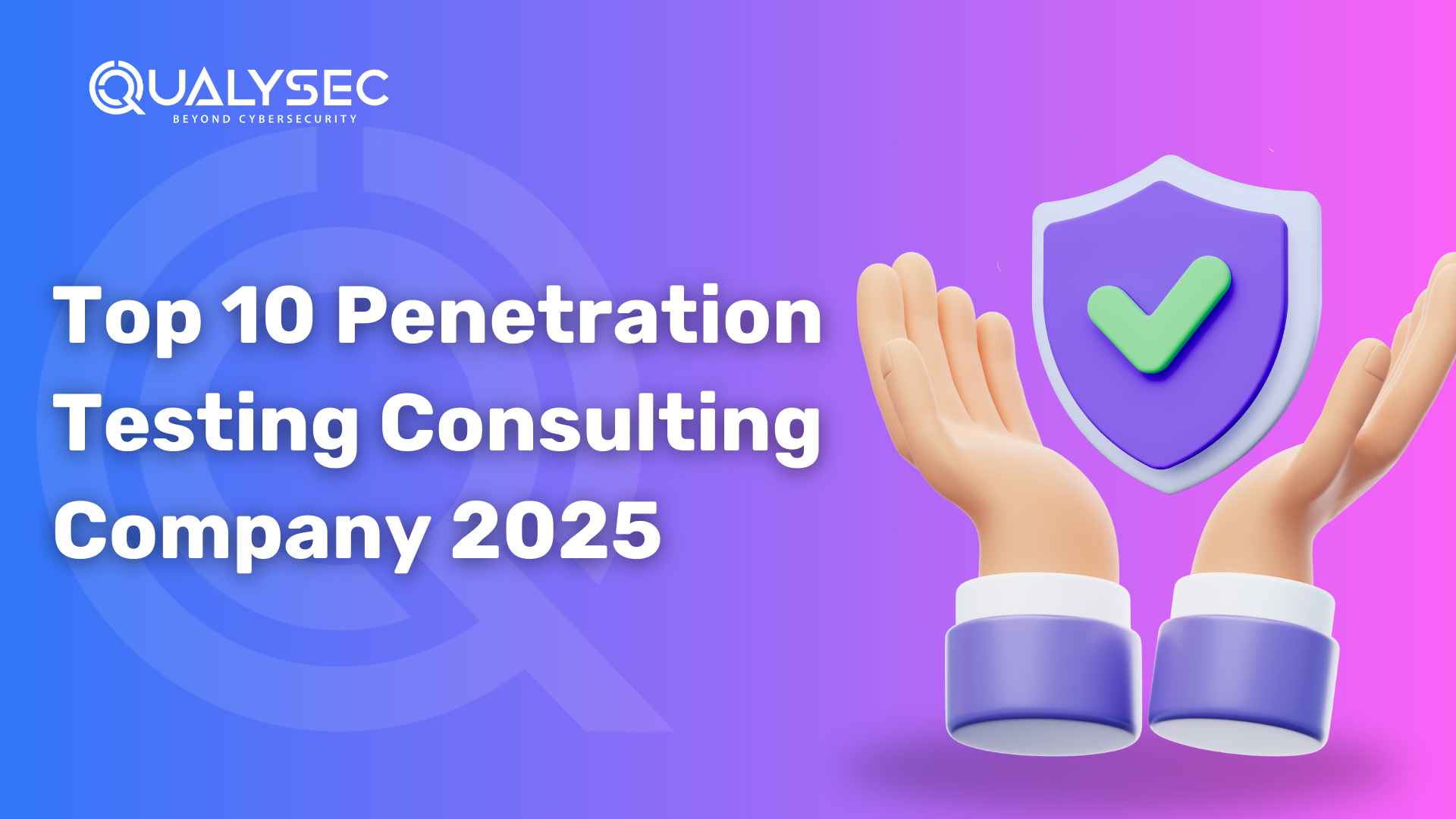
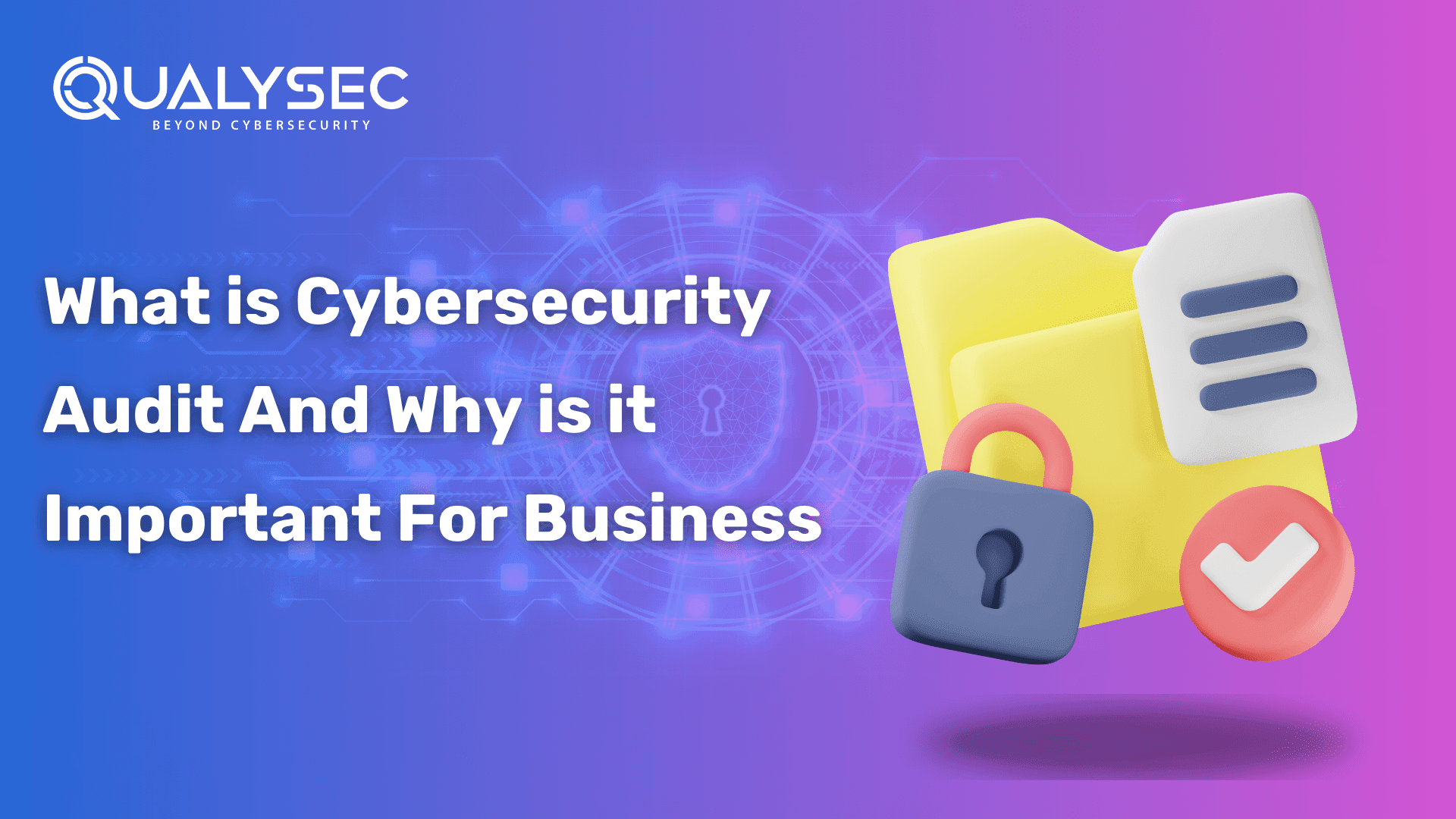
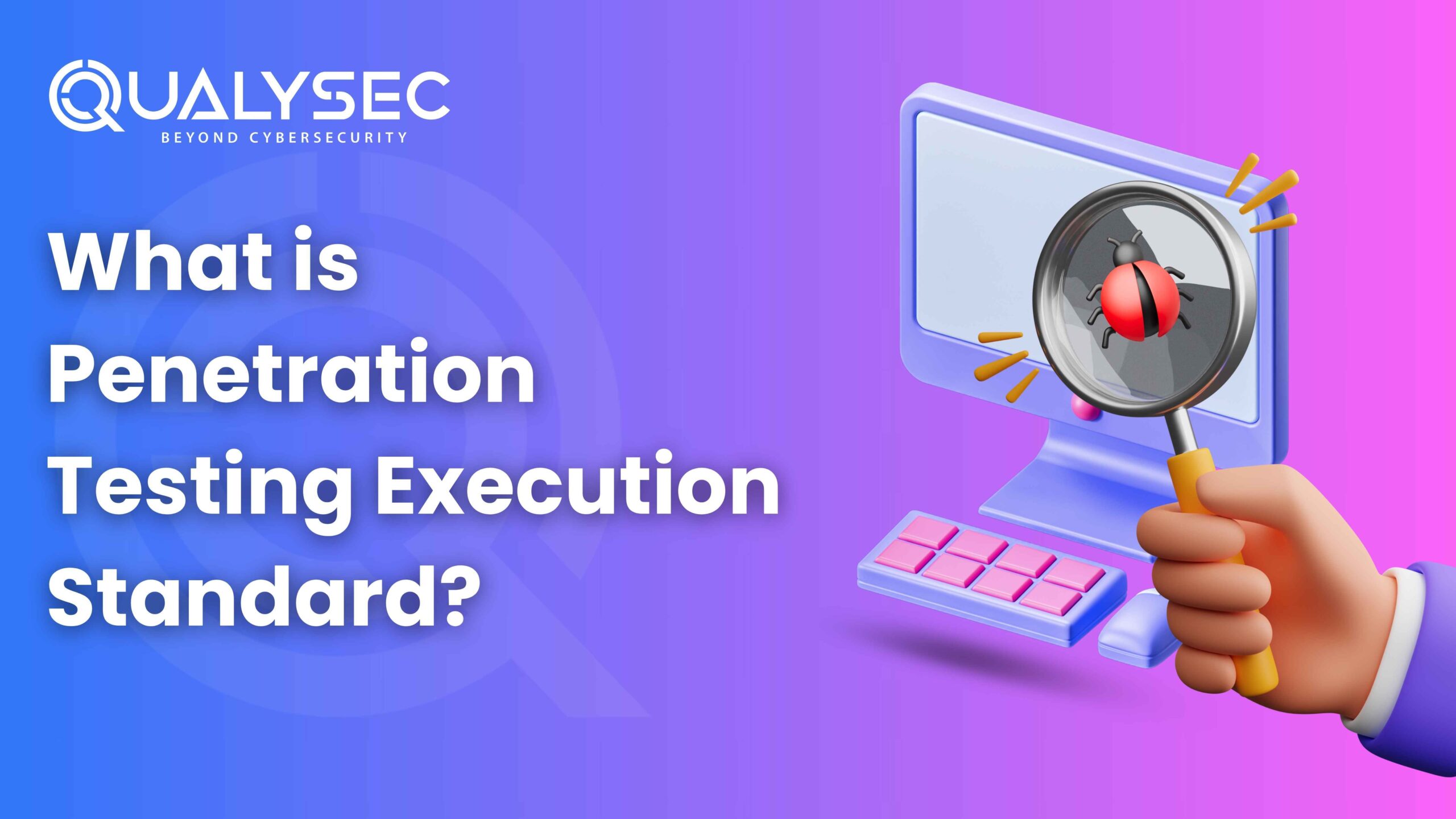





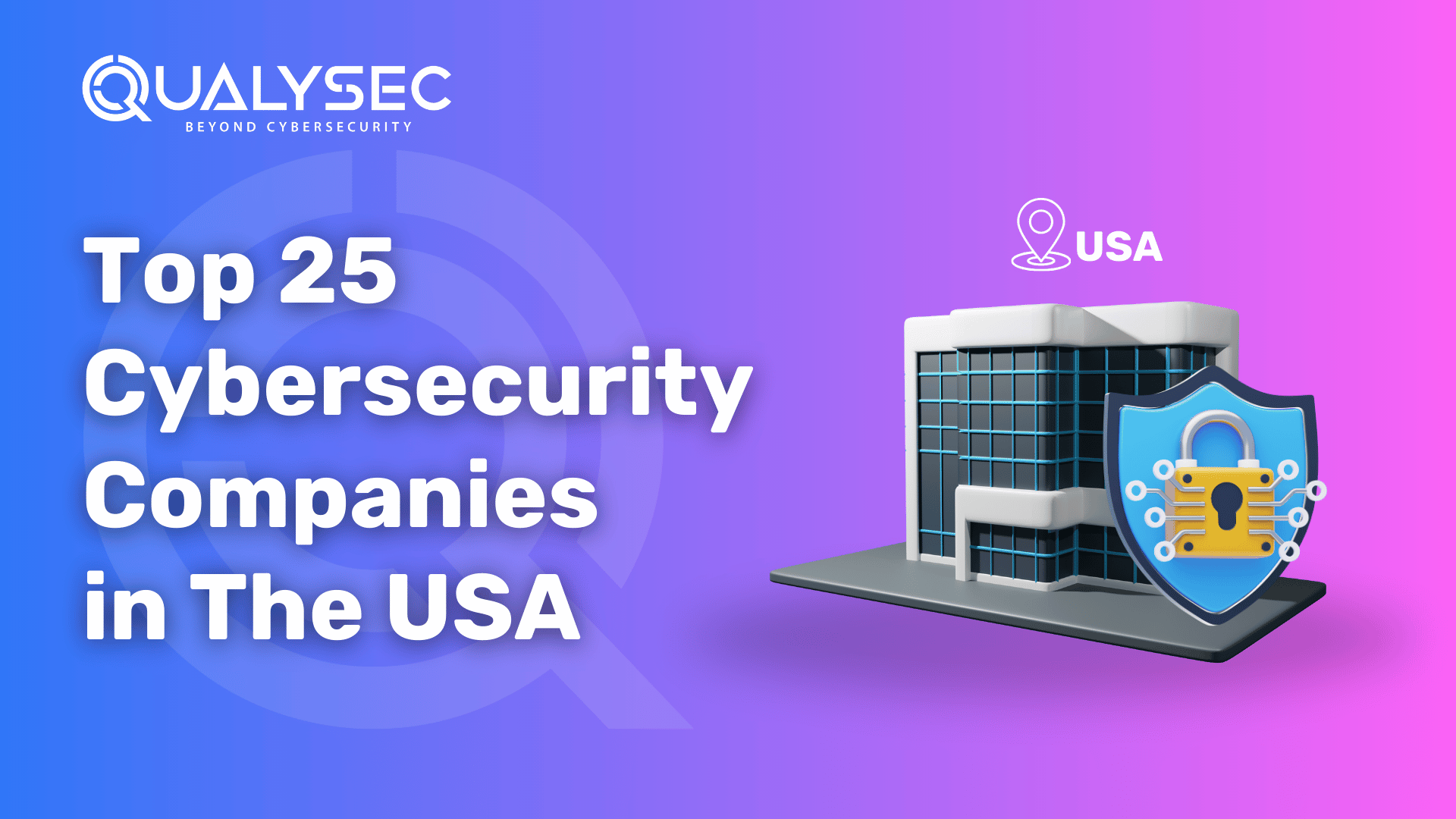
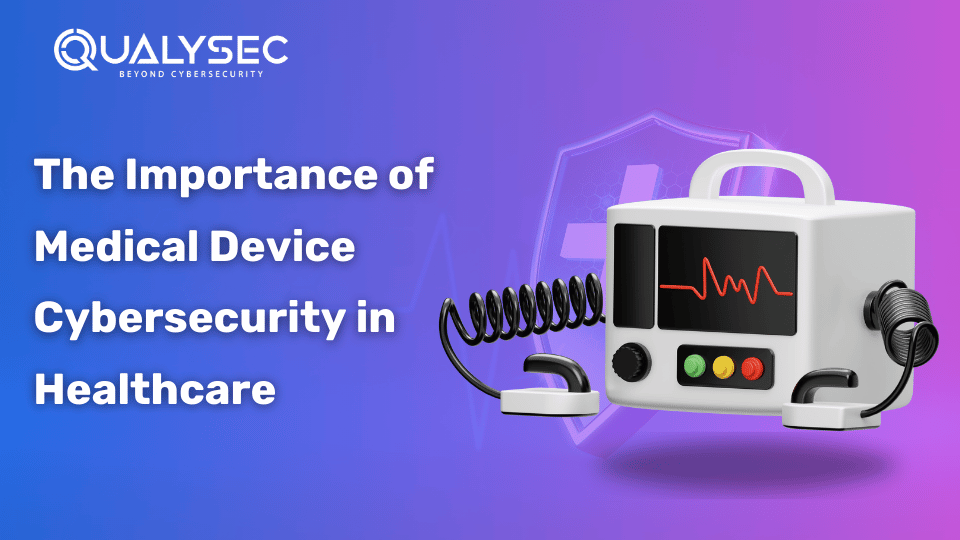




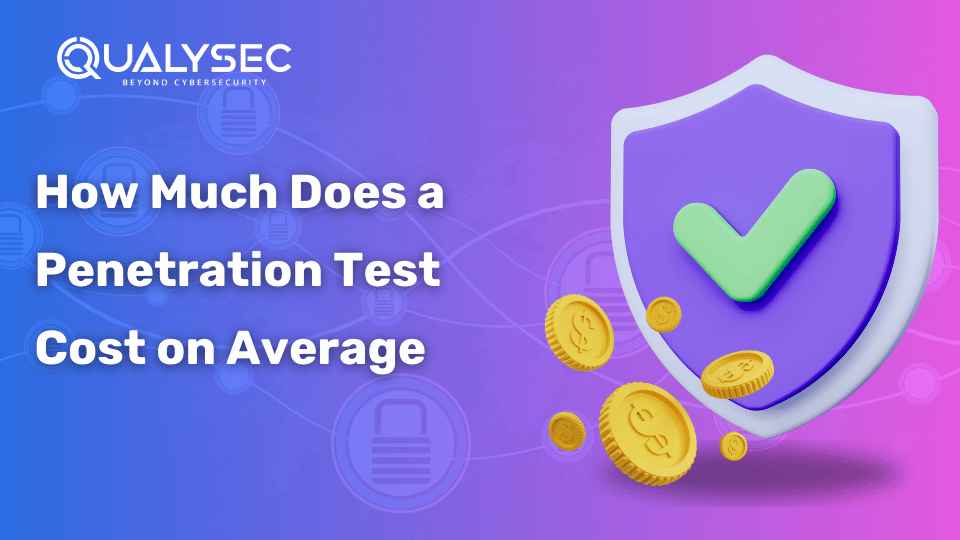



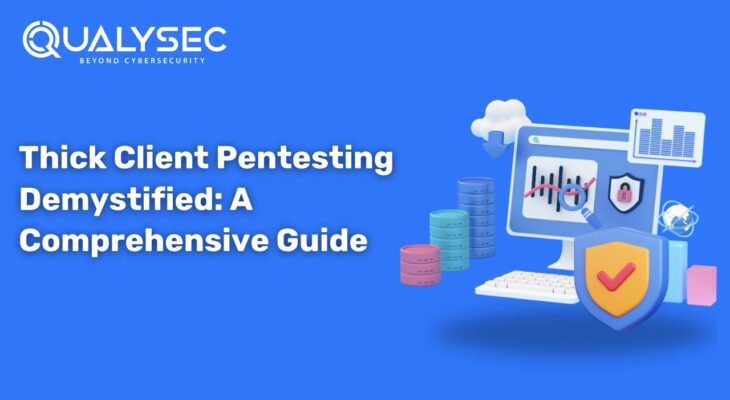





































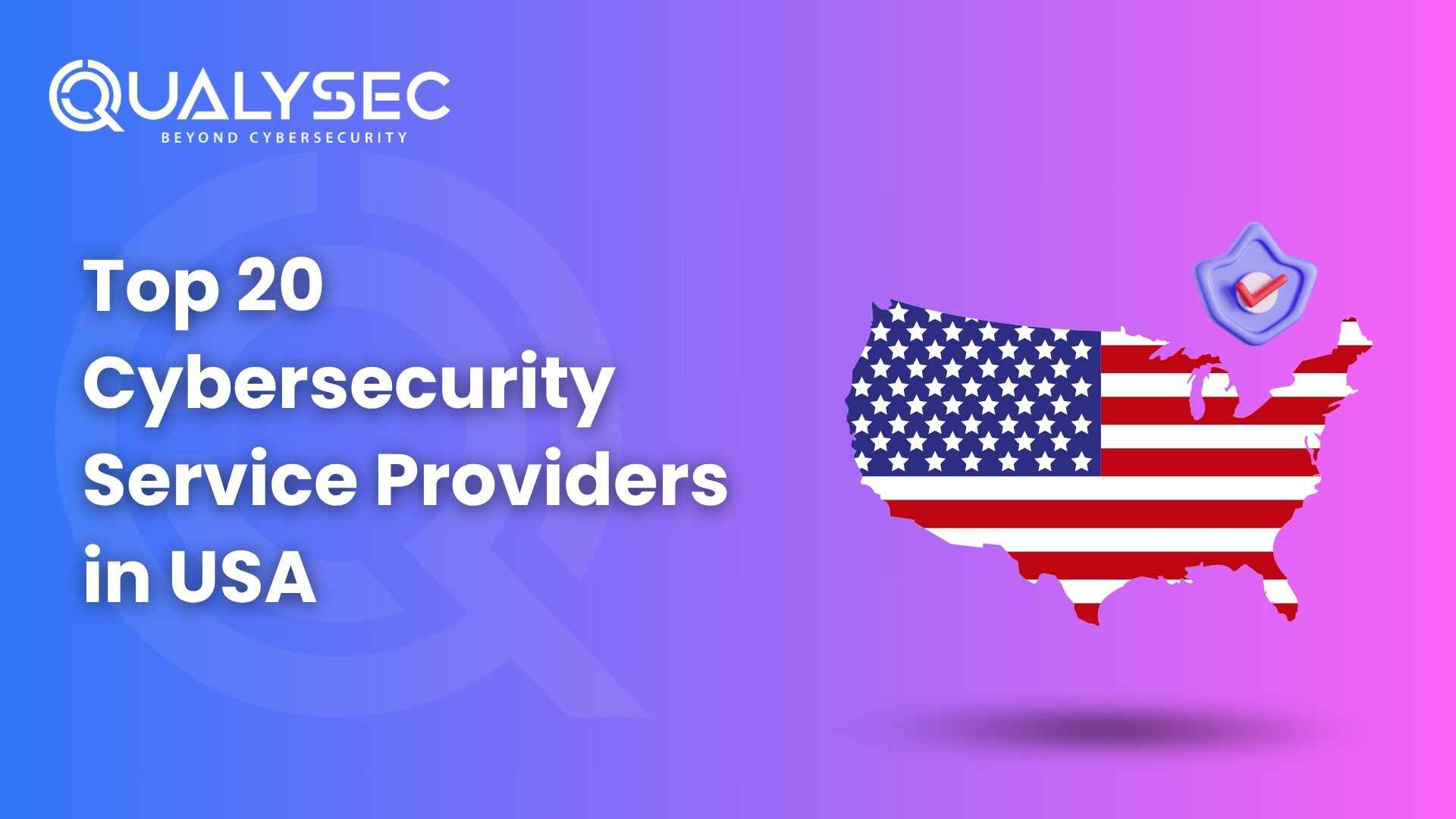













































































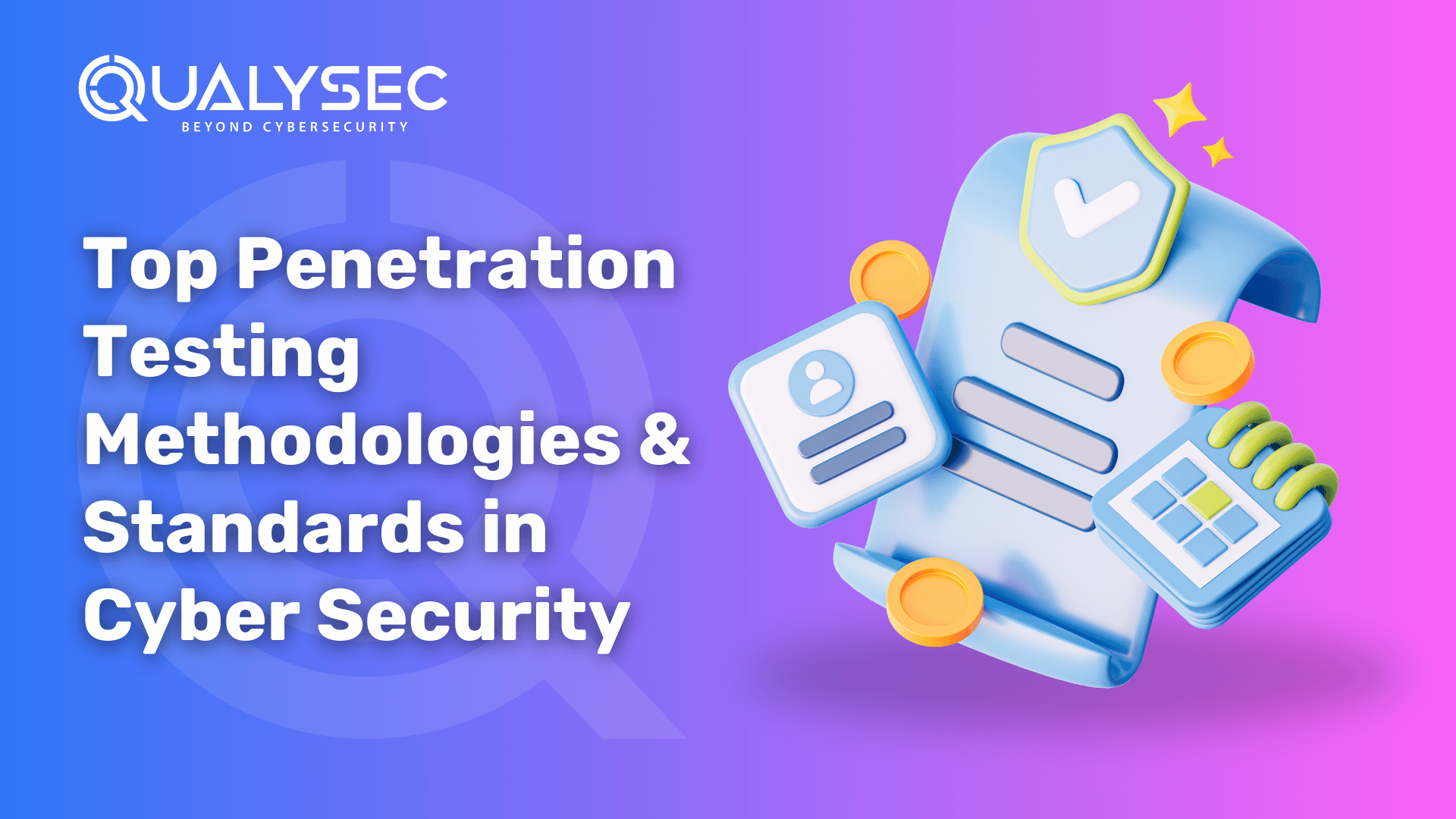











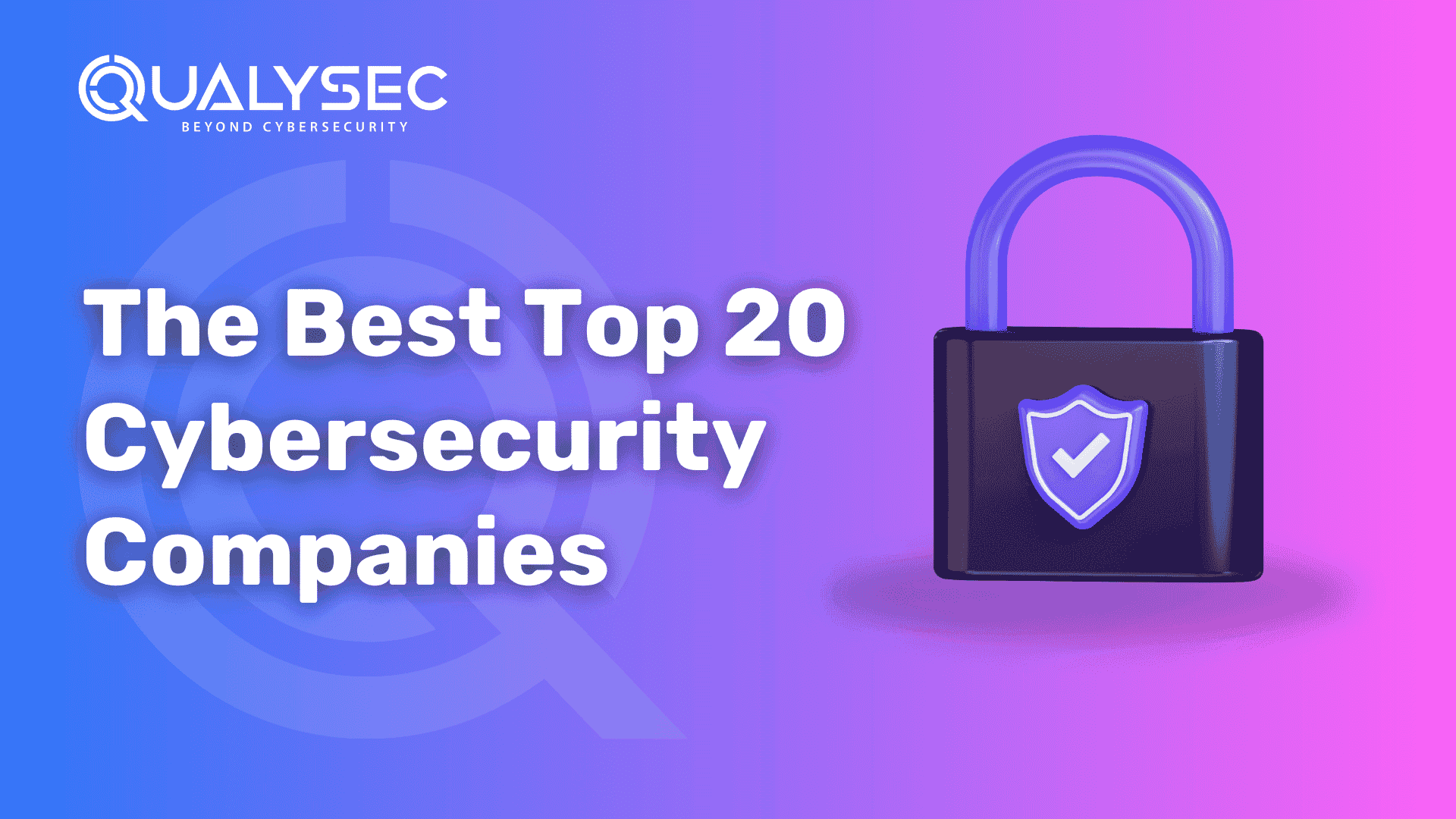
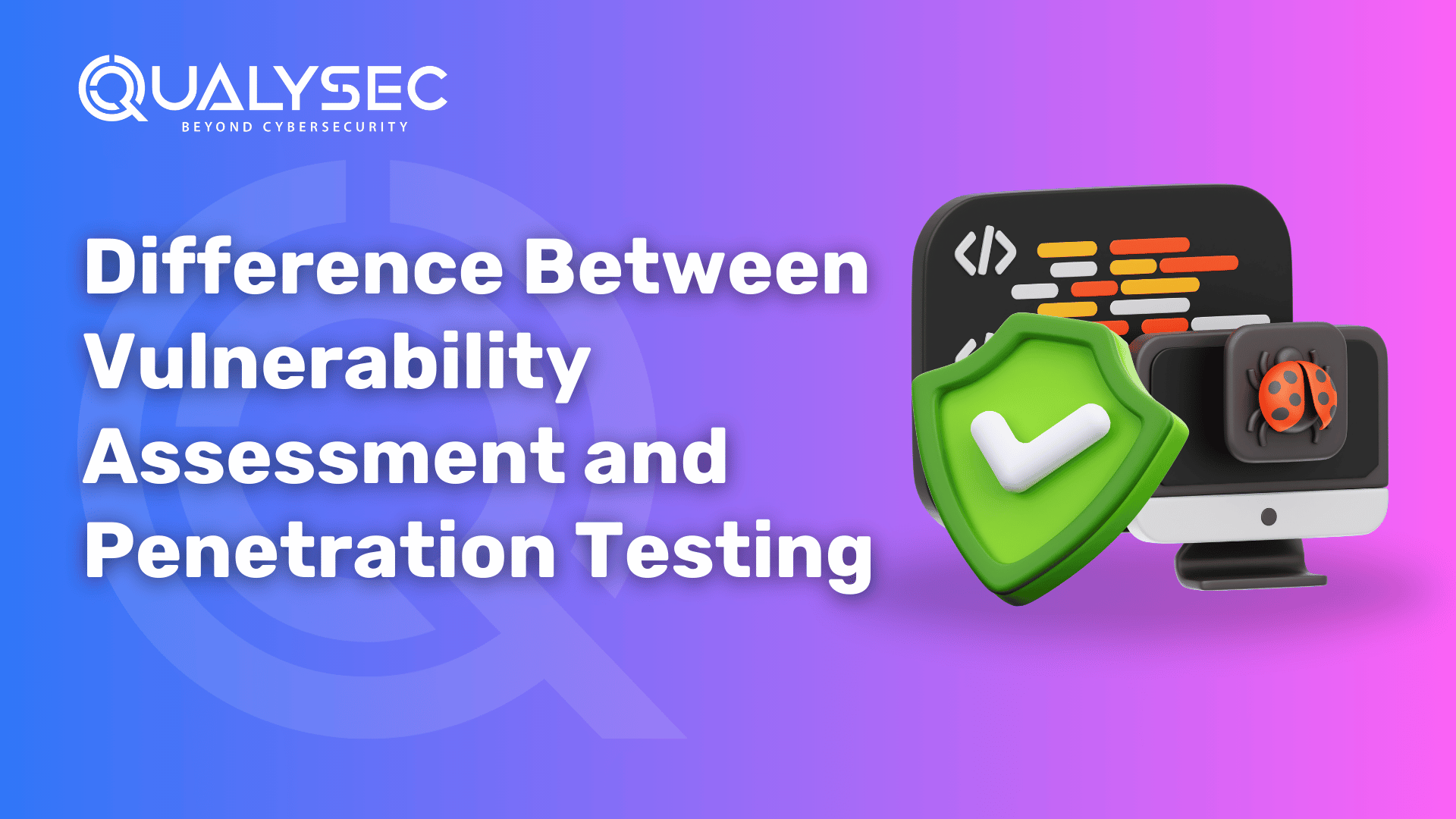


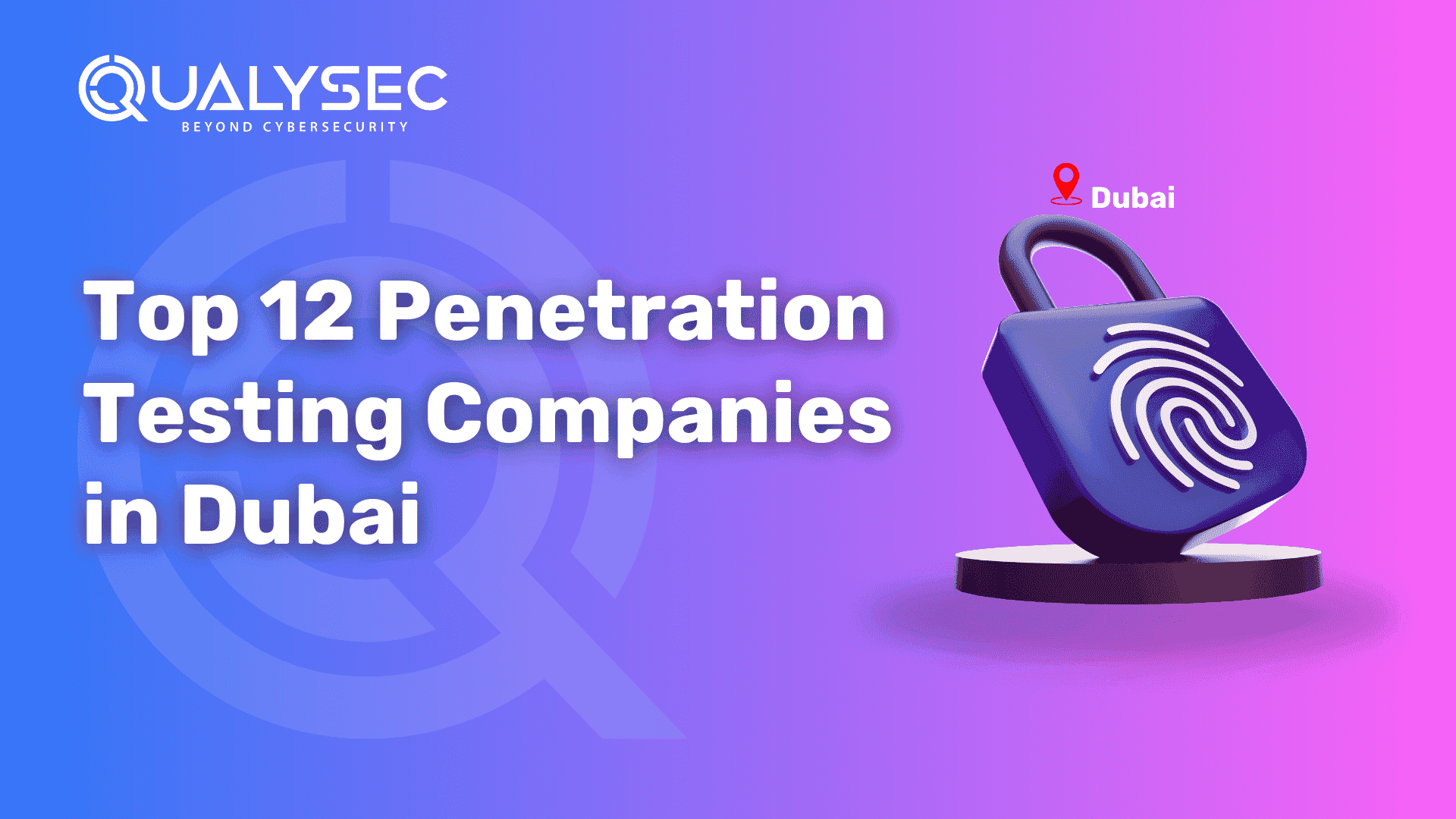
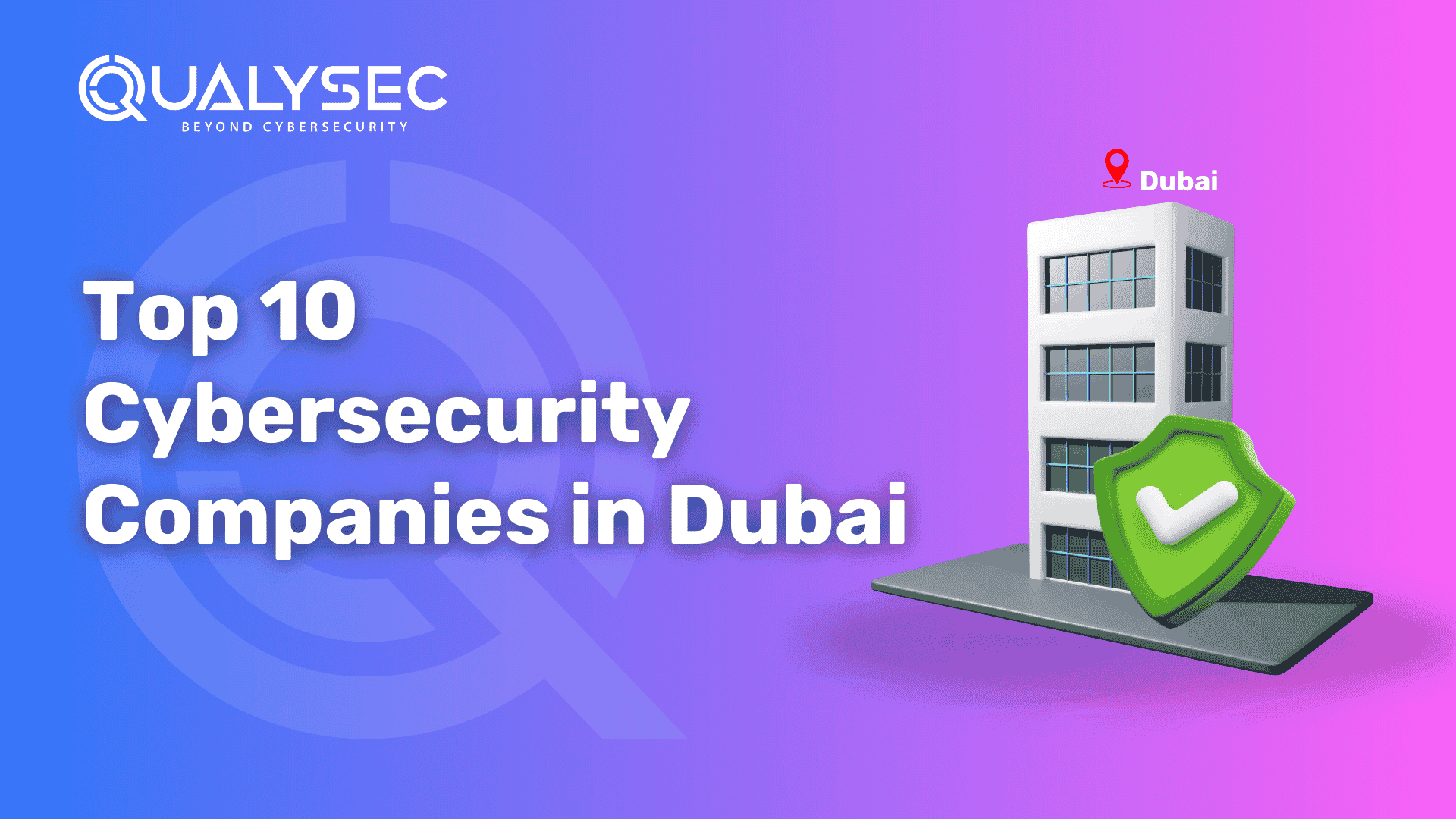

















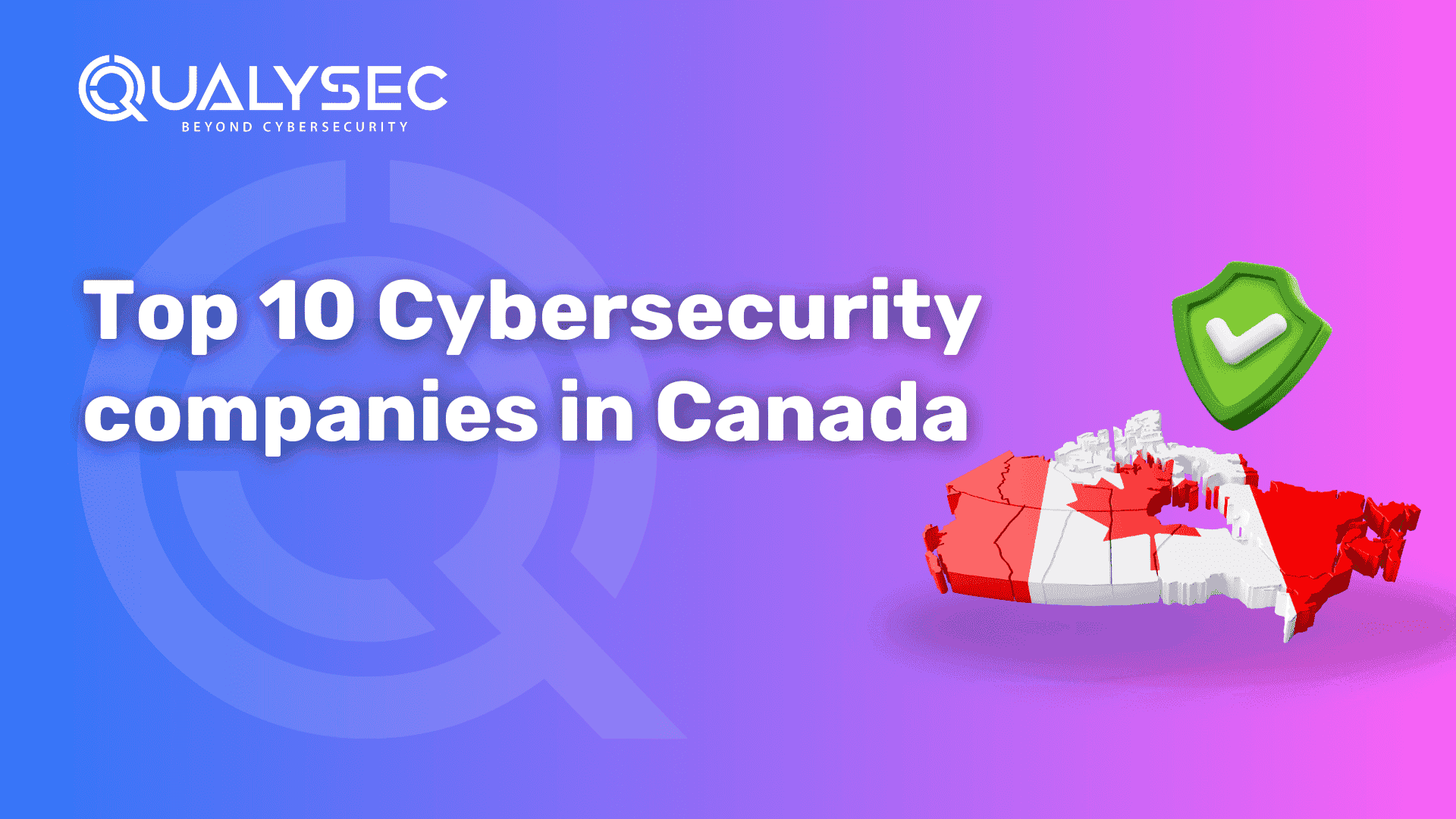




































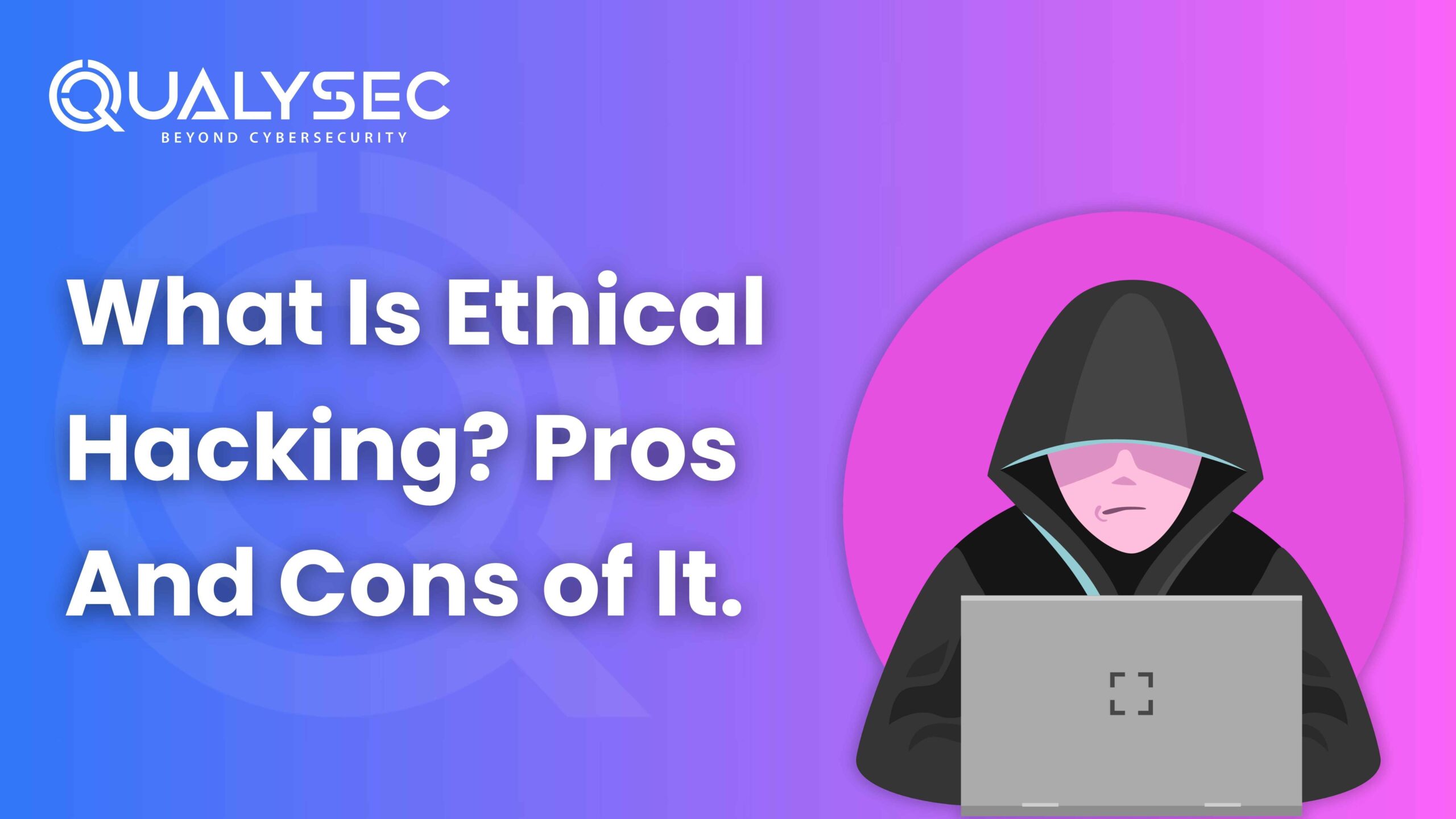








































0 Comments